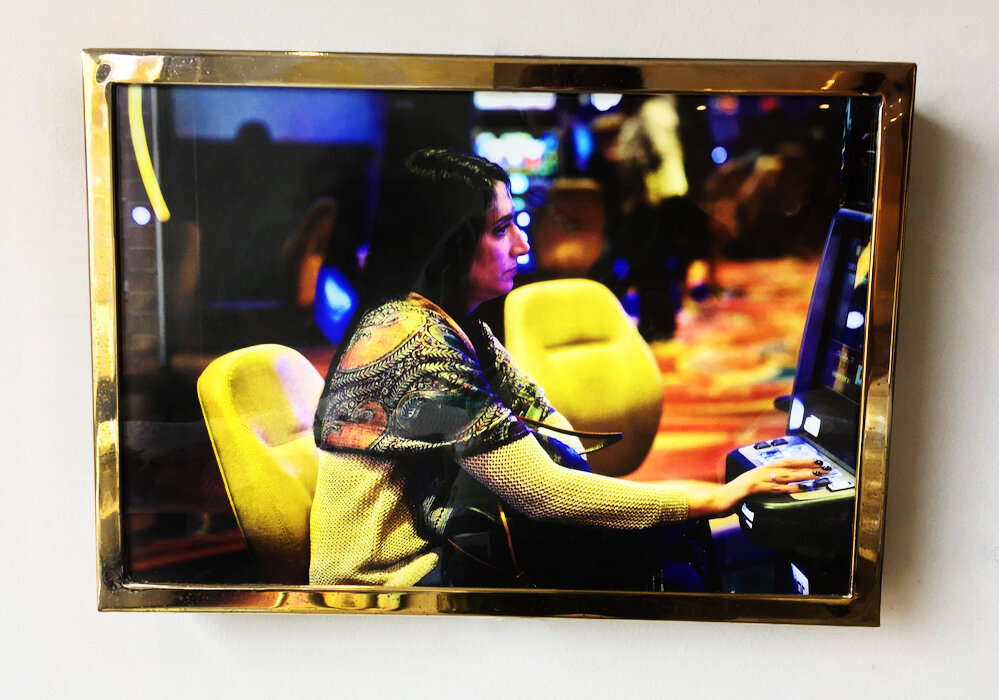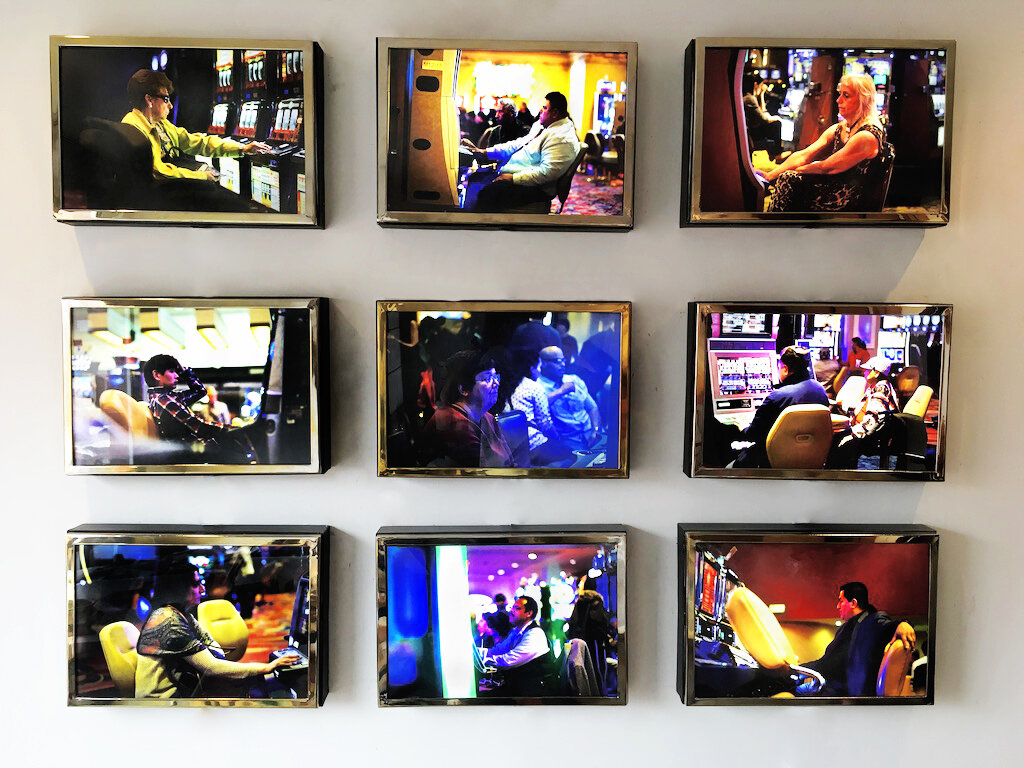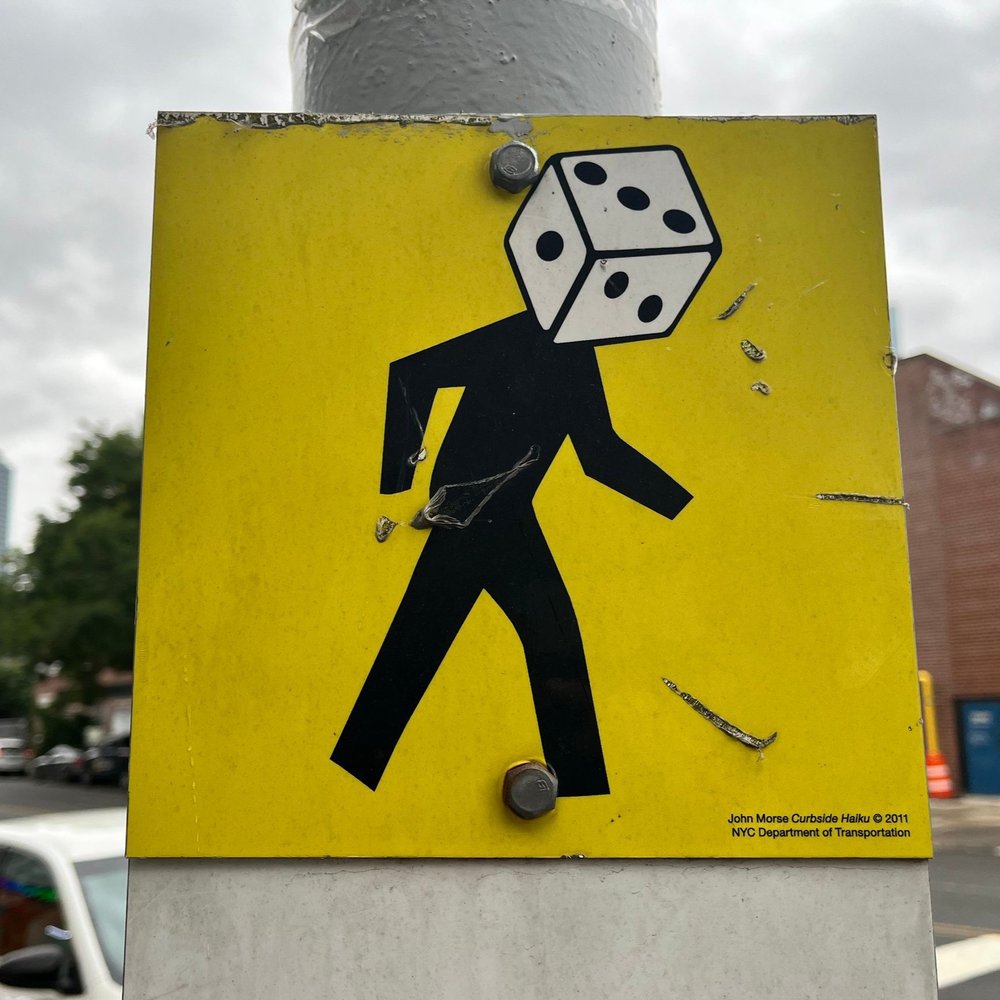PLayers
“LIFE IS A GAMBLE ON VIDEO TAPE, DOWN AT THE ARCADE…” LOU REED
Now I'm down a little, in fact, I'm down a lot
I'm on a roller coaster ride that I can't stop
Yeah, my luck has changed, but she'll come back
That's the beauty of a game of chance
I can't lose forever, but I'm doomed to try
Because I keep on hearing a voice inside
Players win and winners play
Have a lucky day!
Have a Lucky day. Mark Sandman
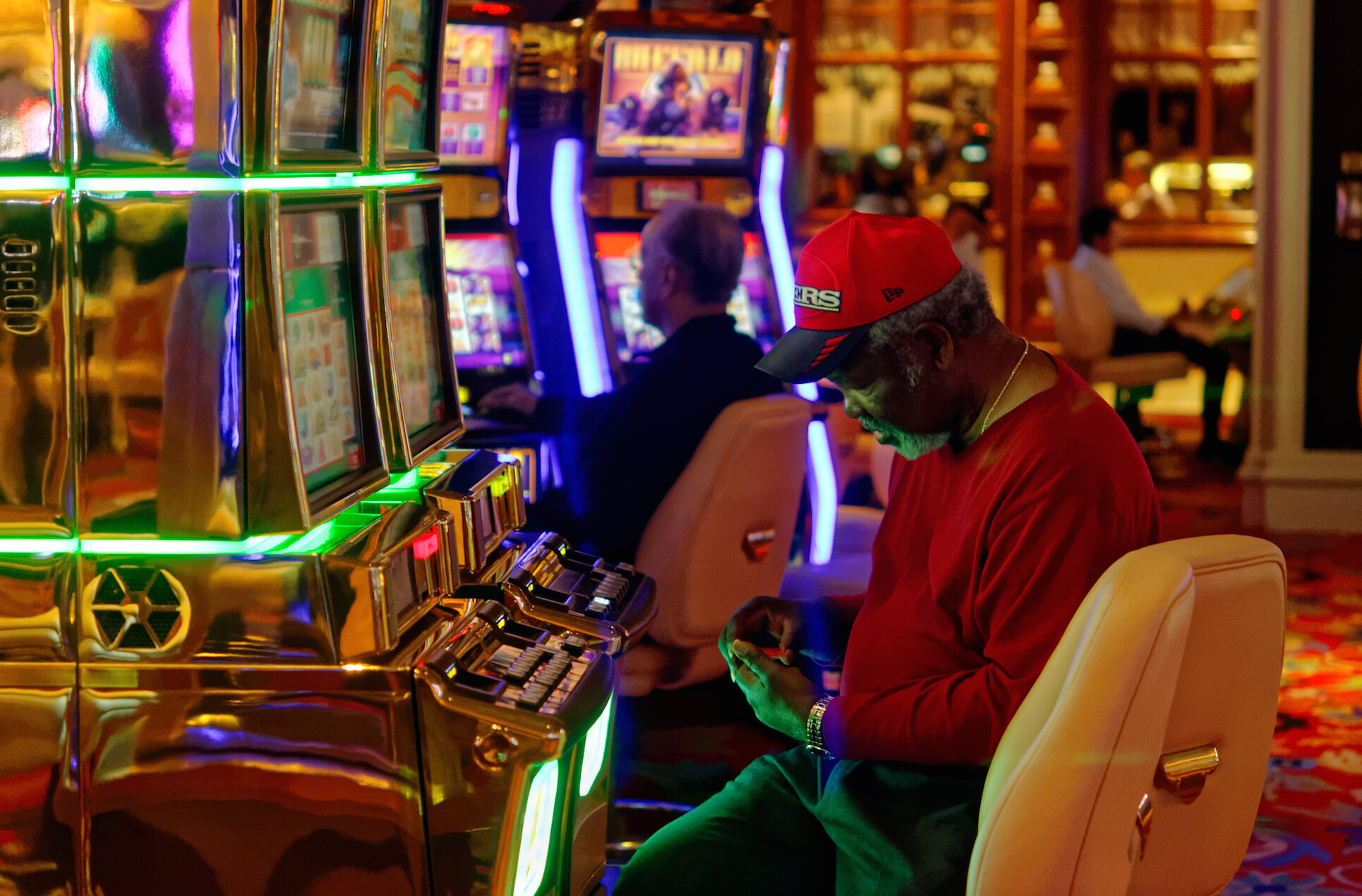
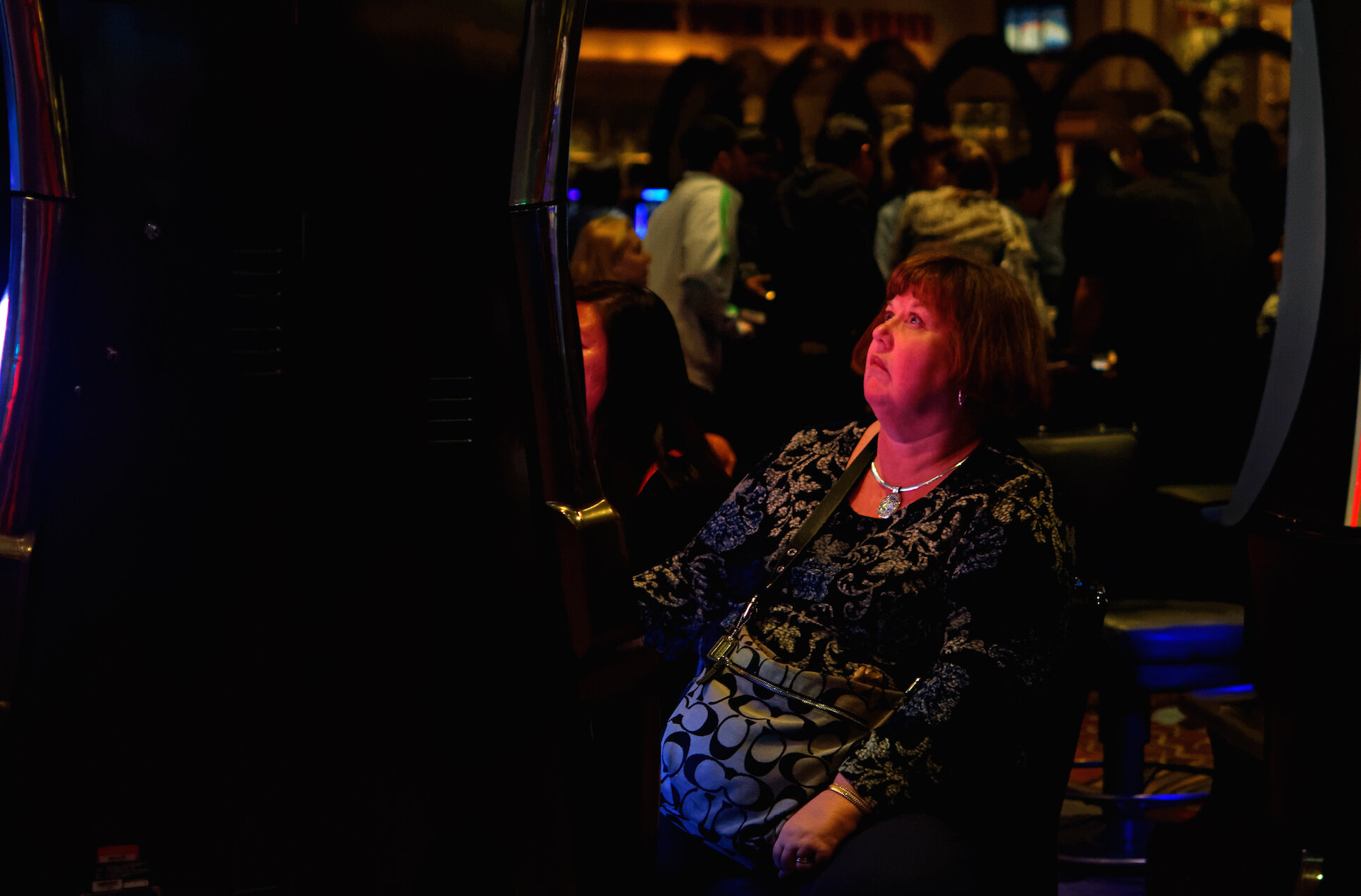
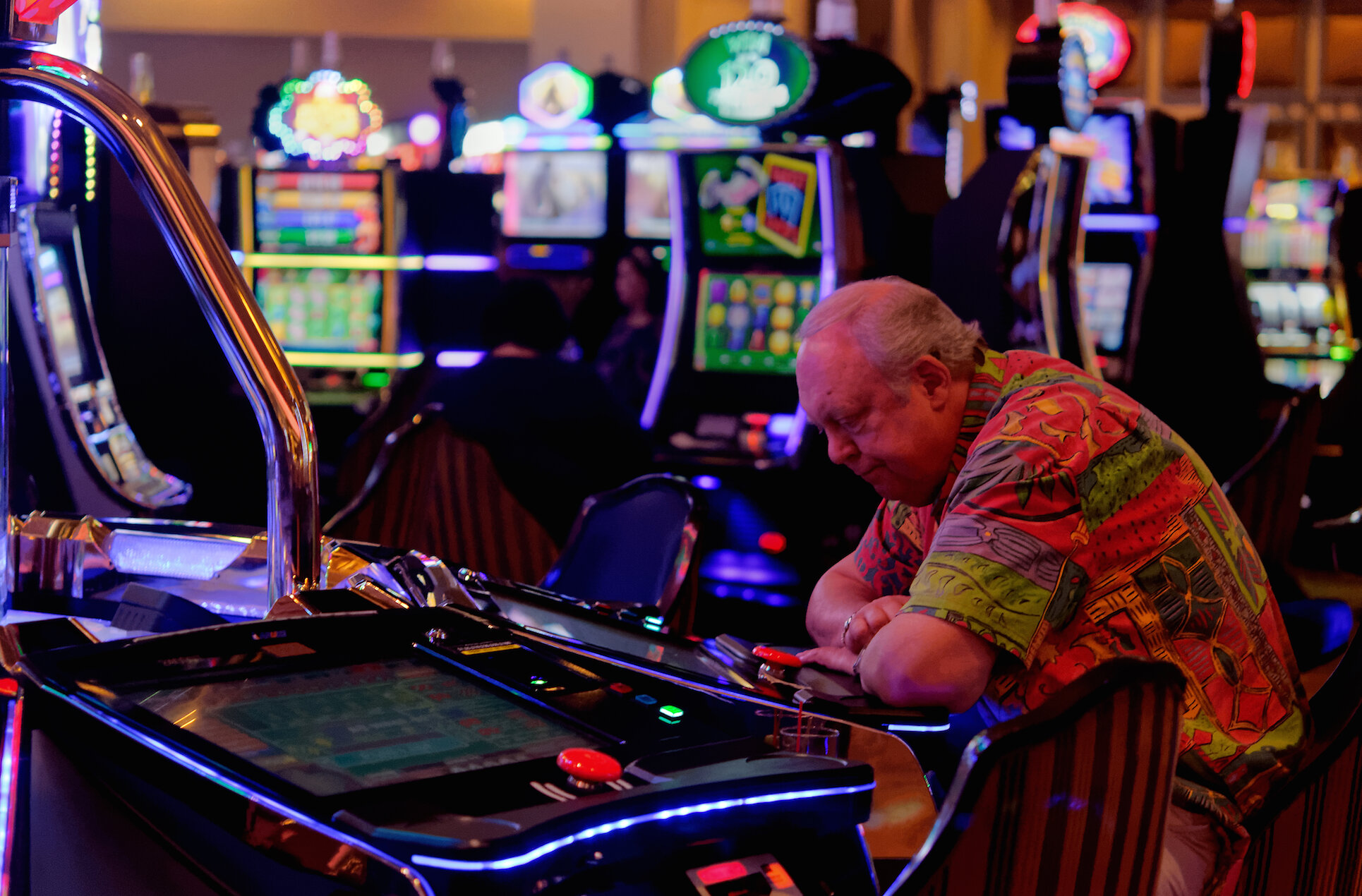
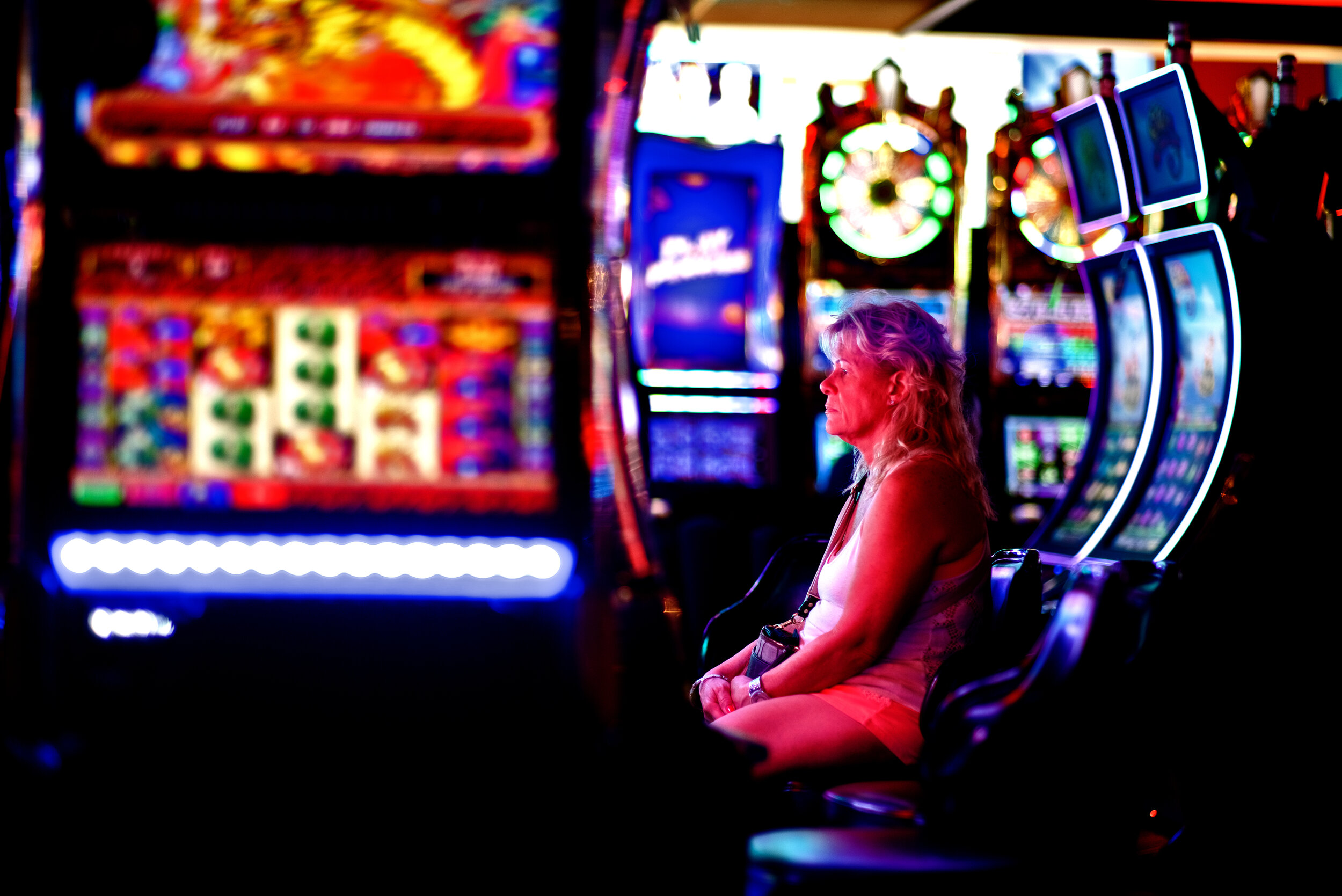
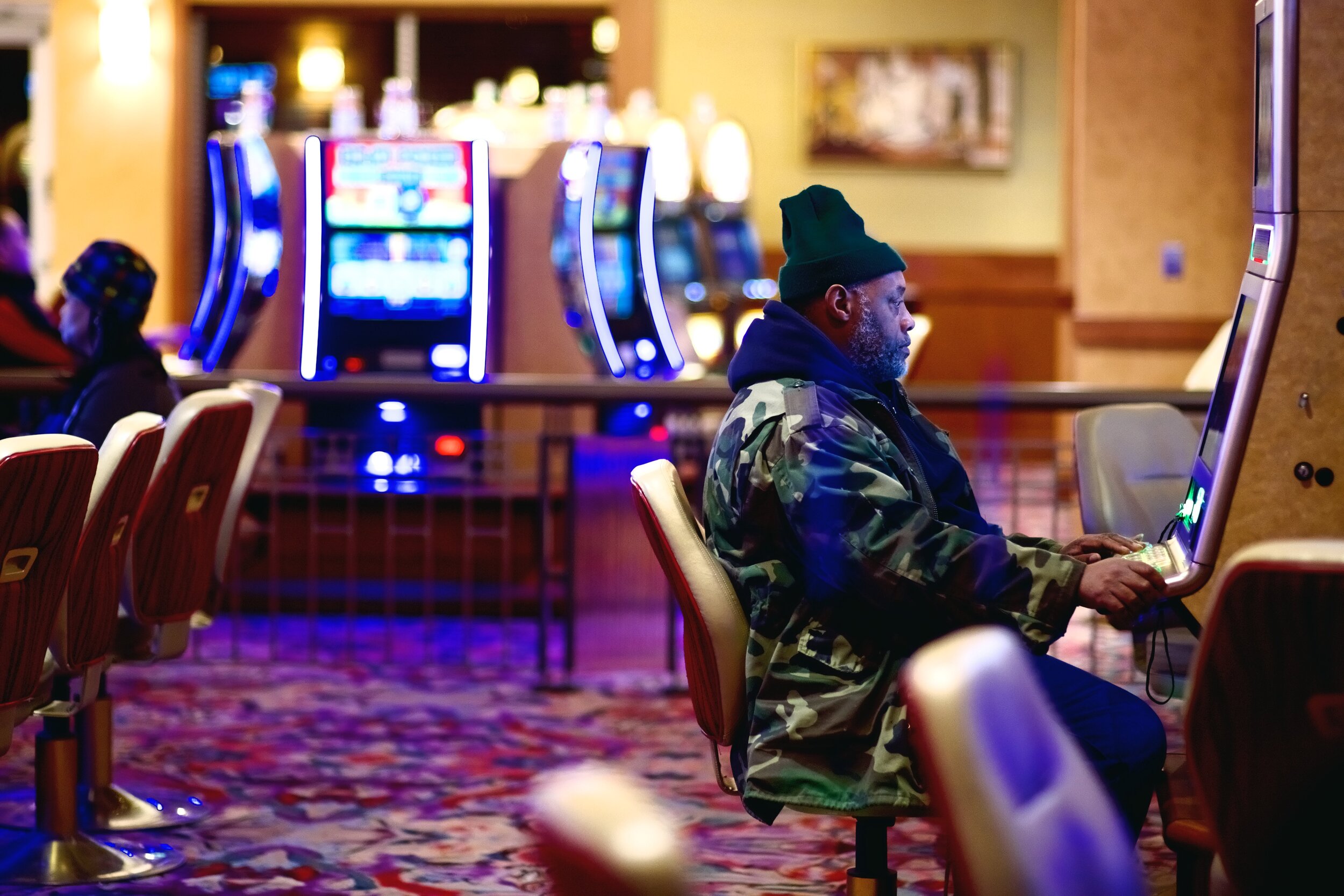
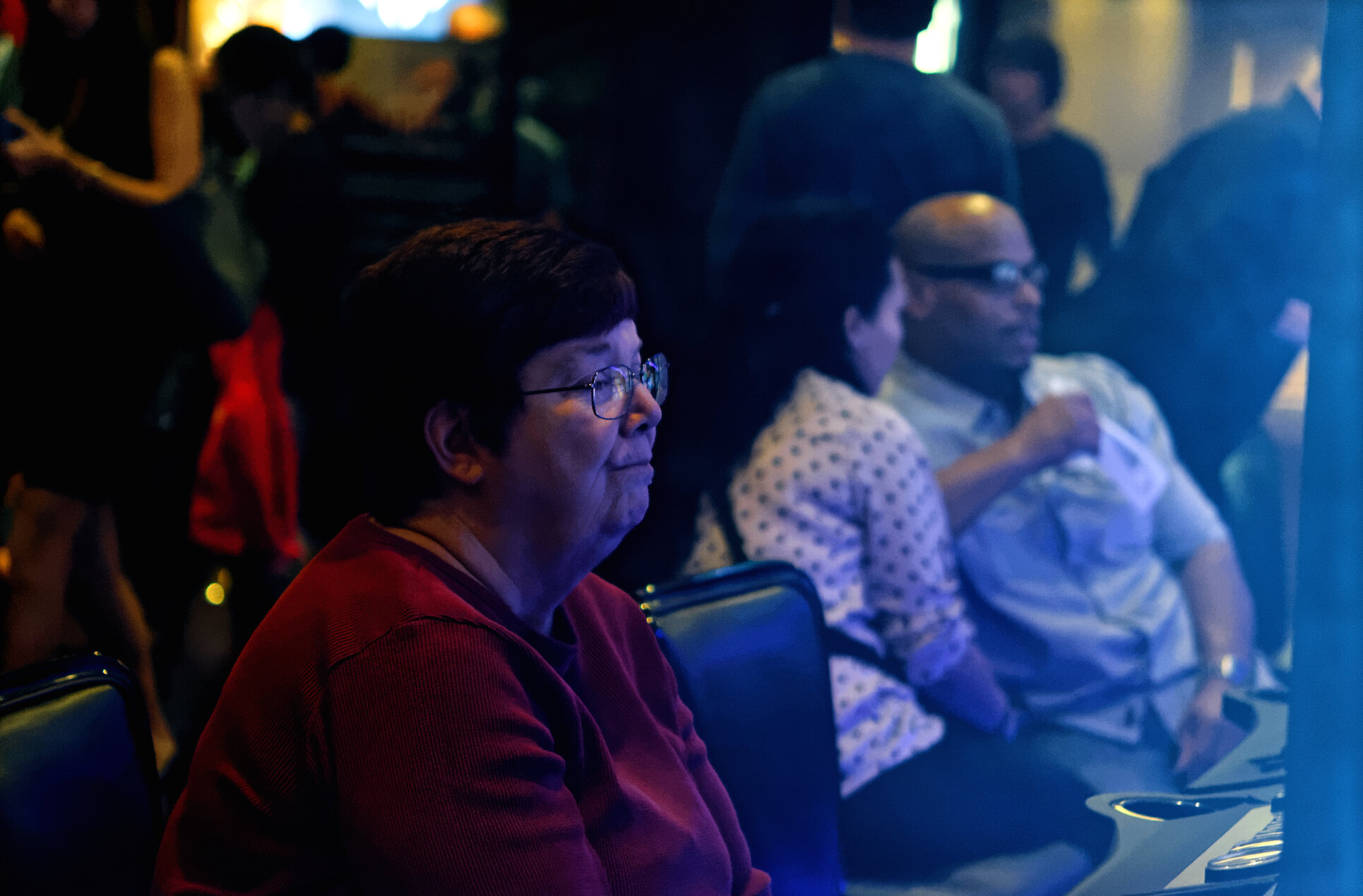
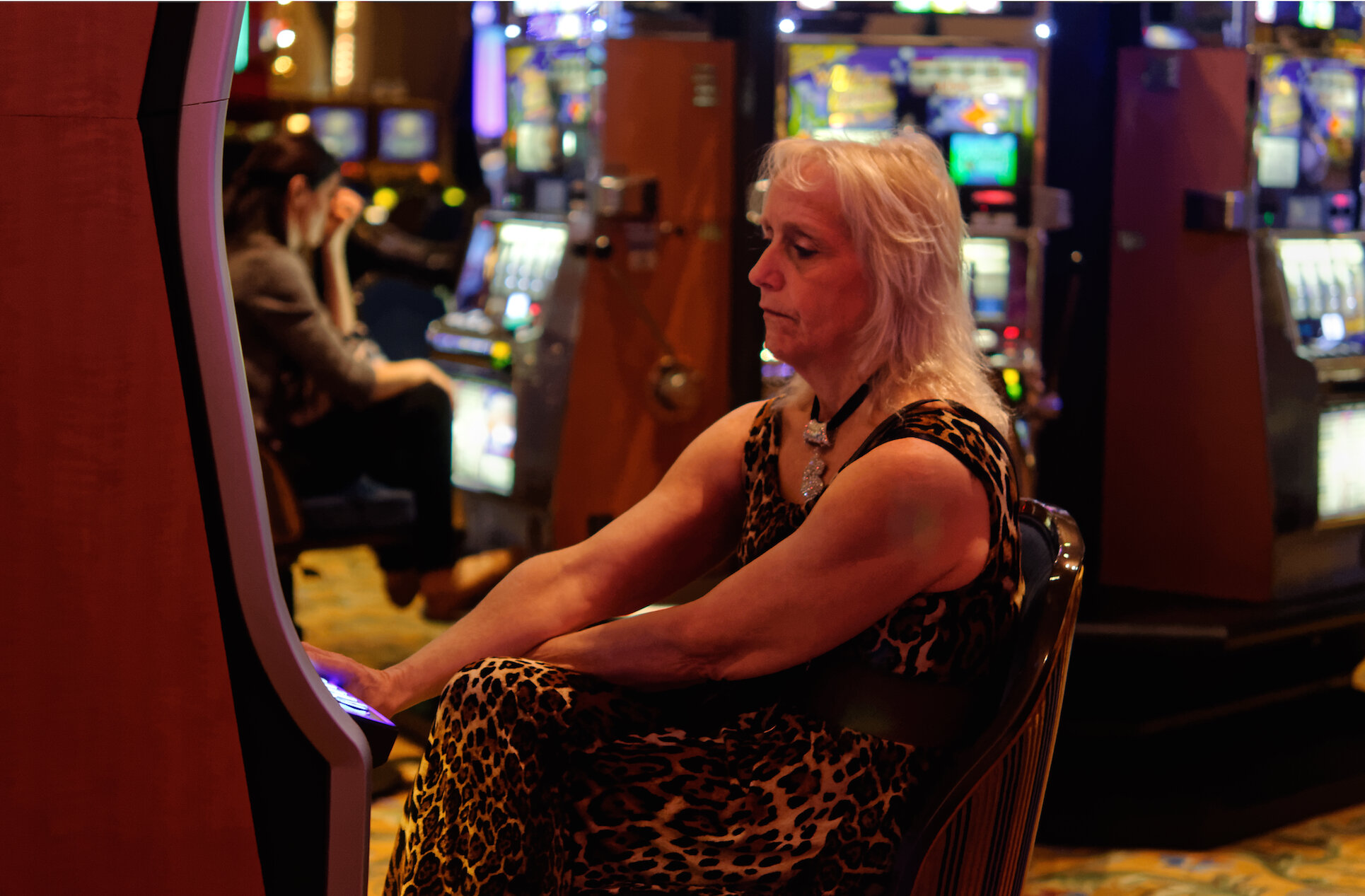
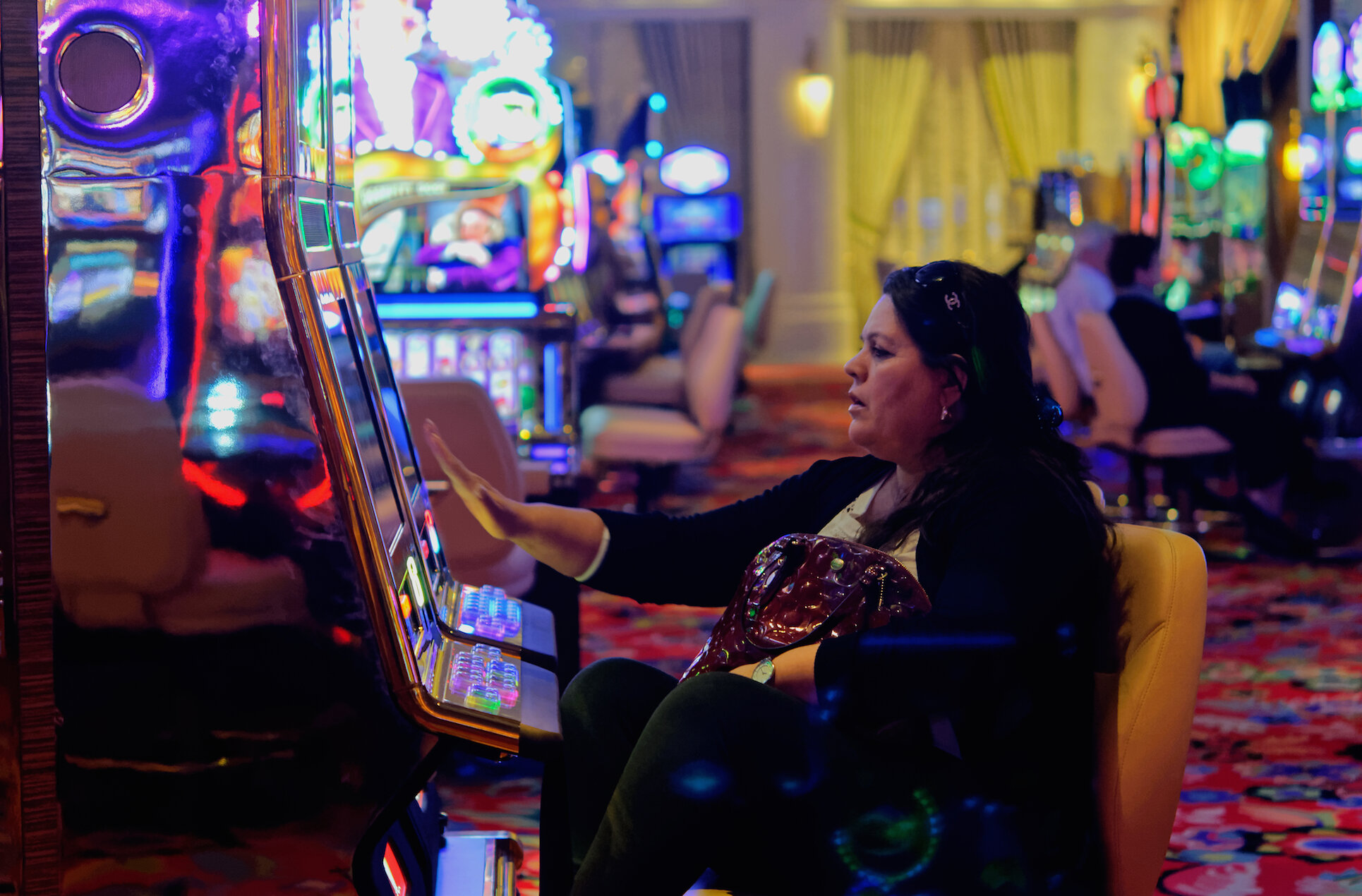
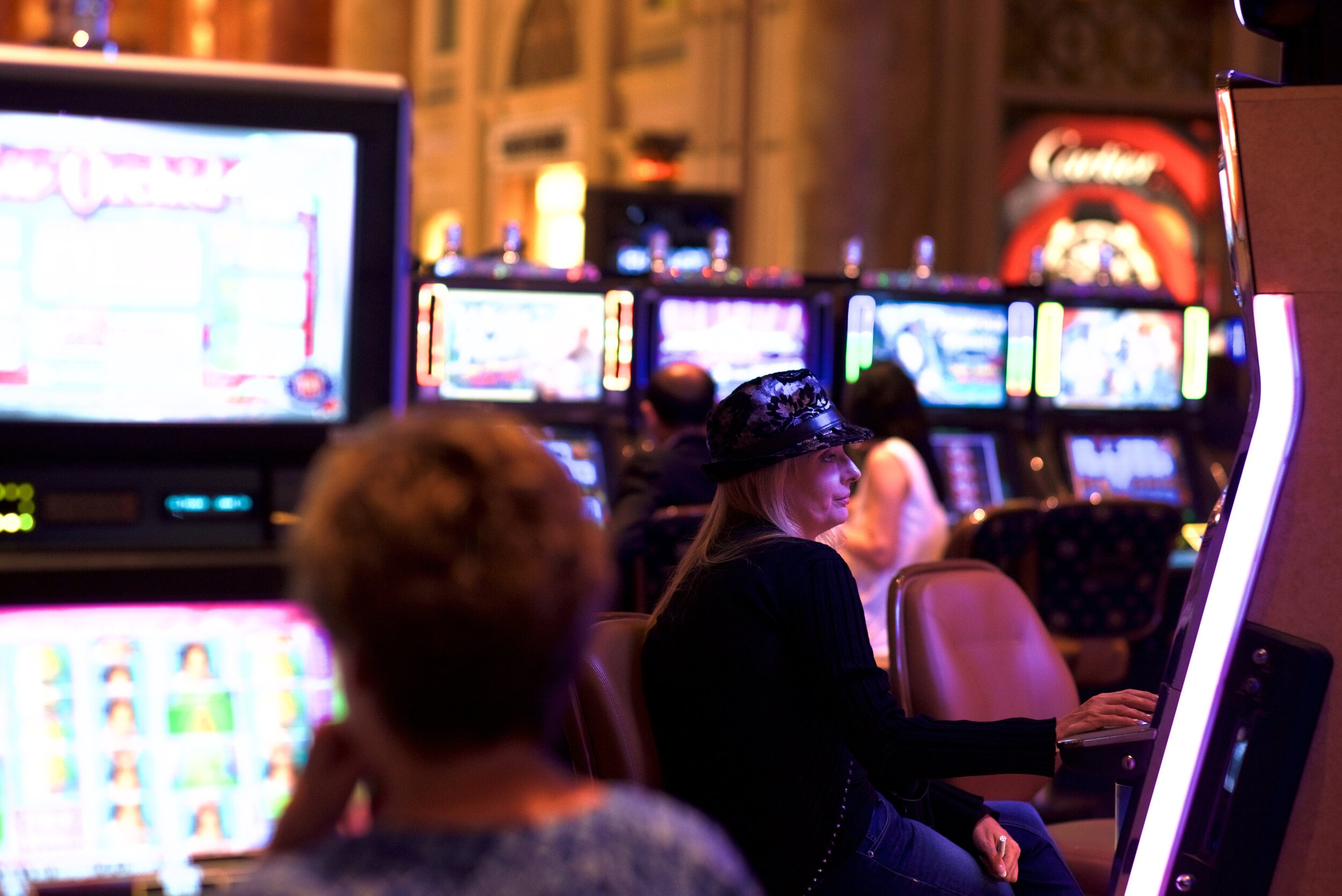
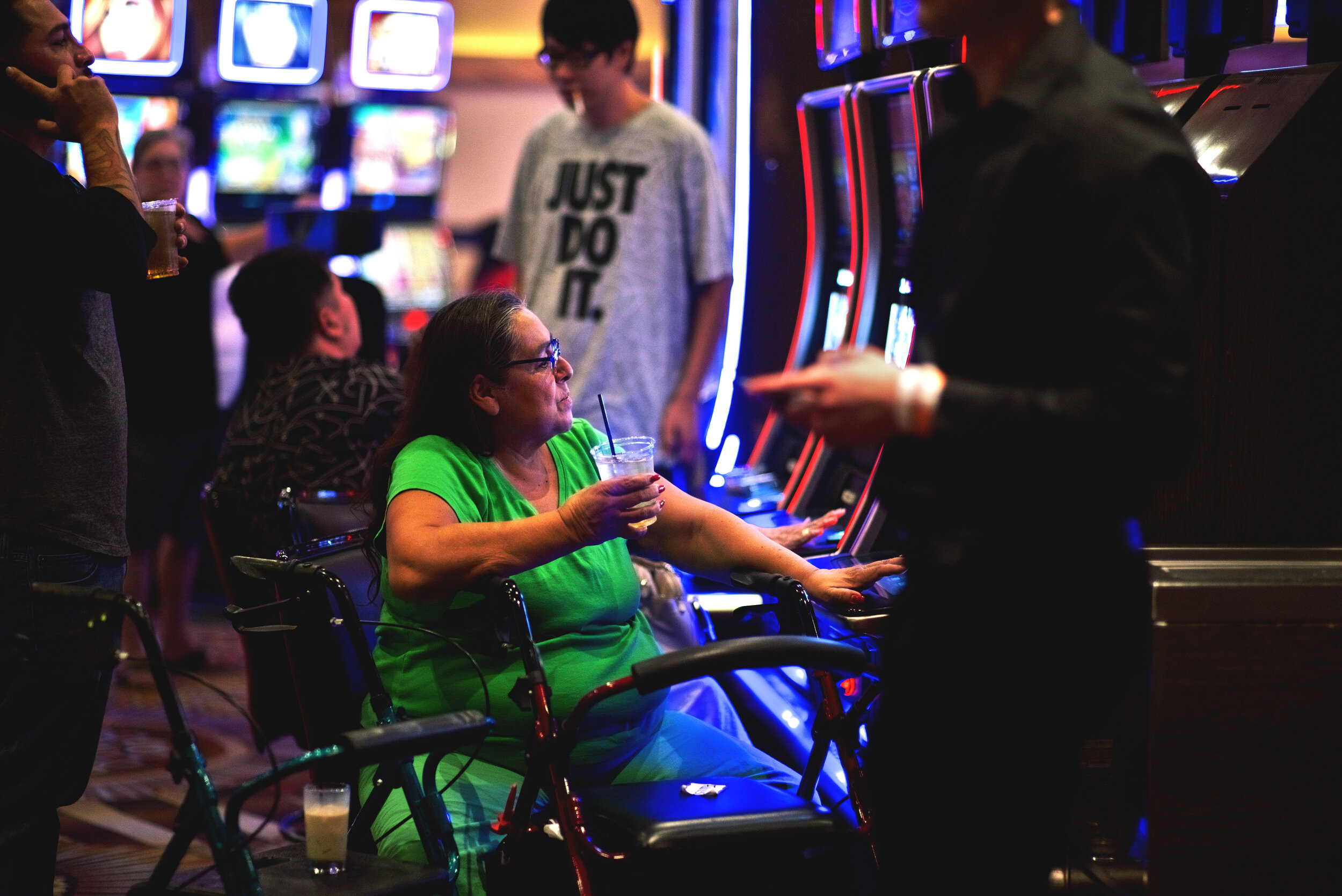
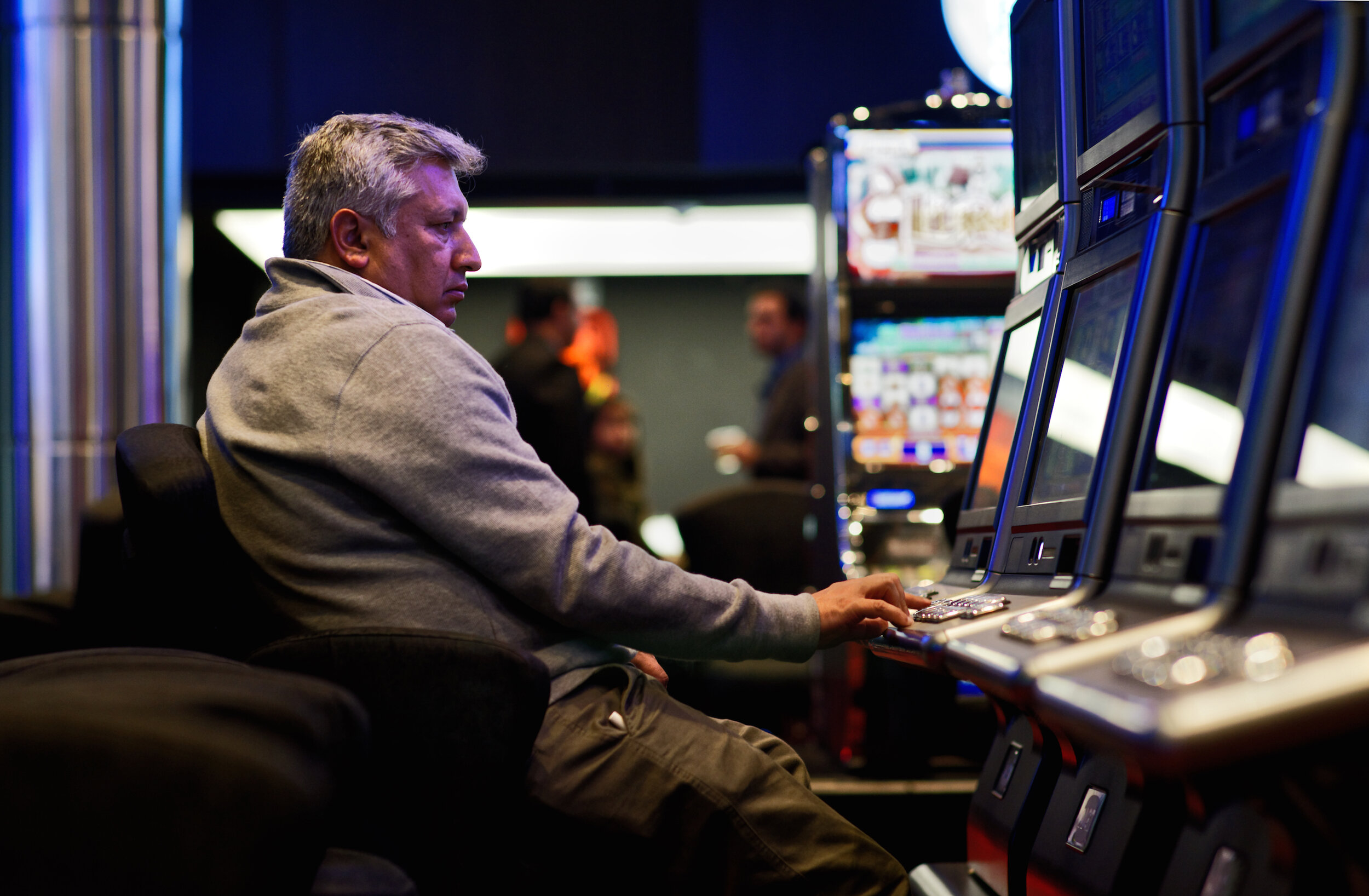
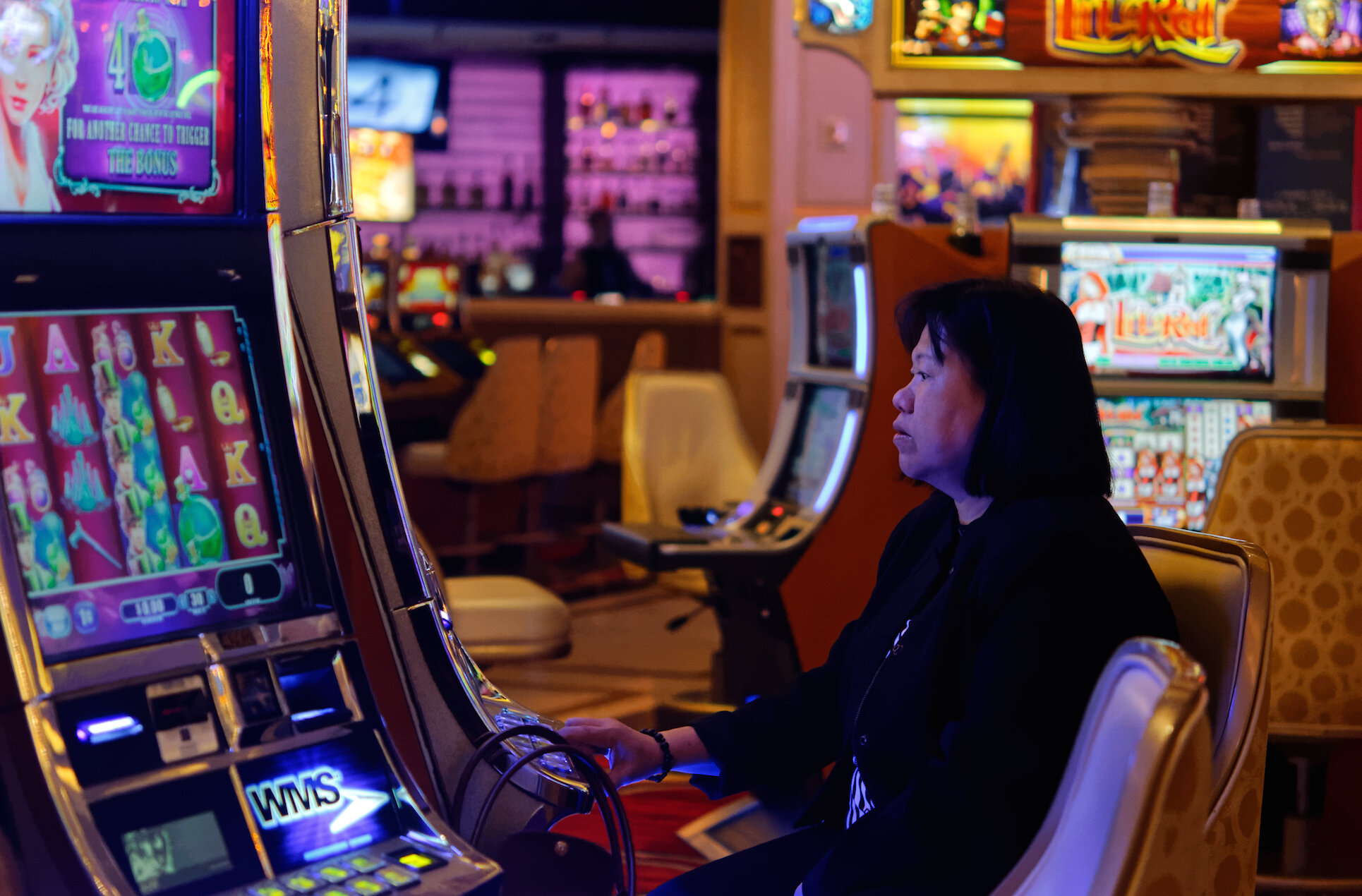
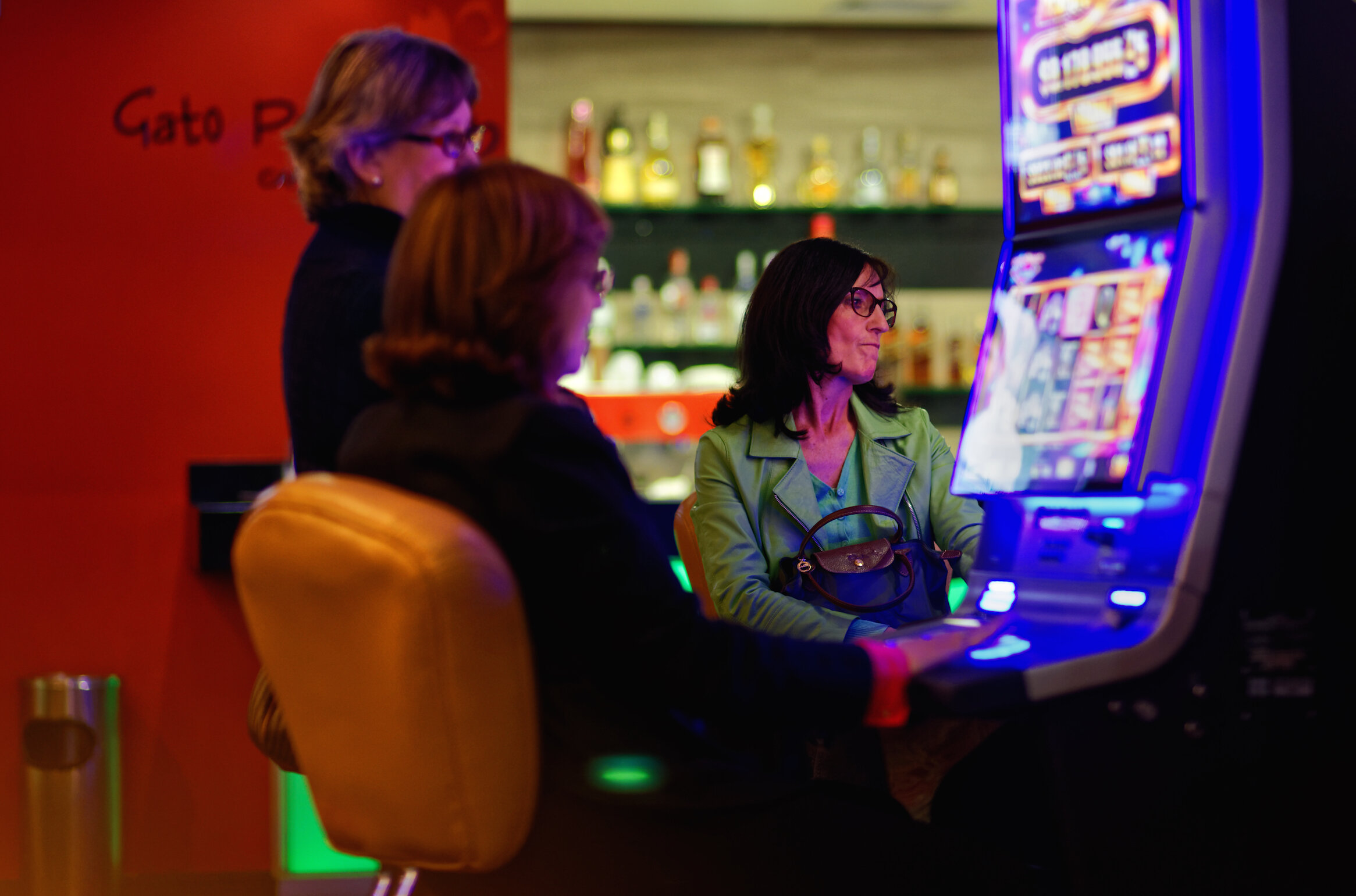
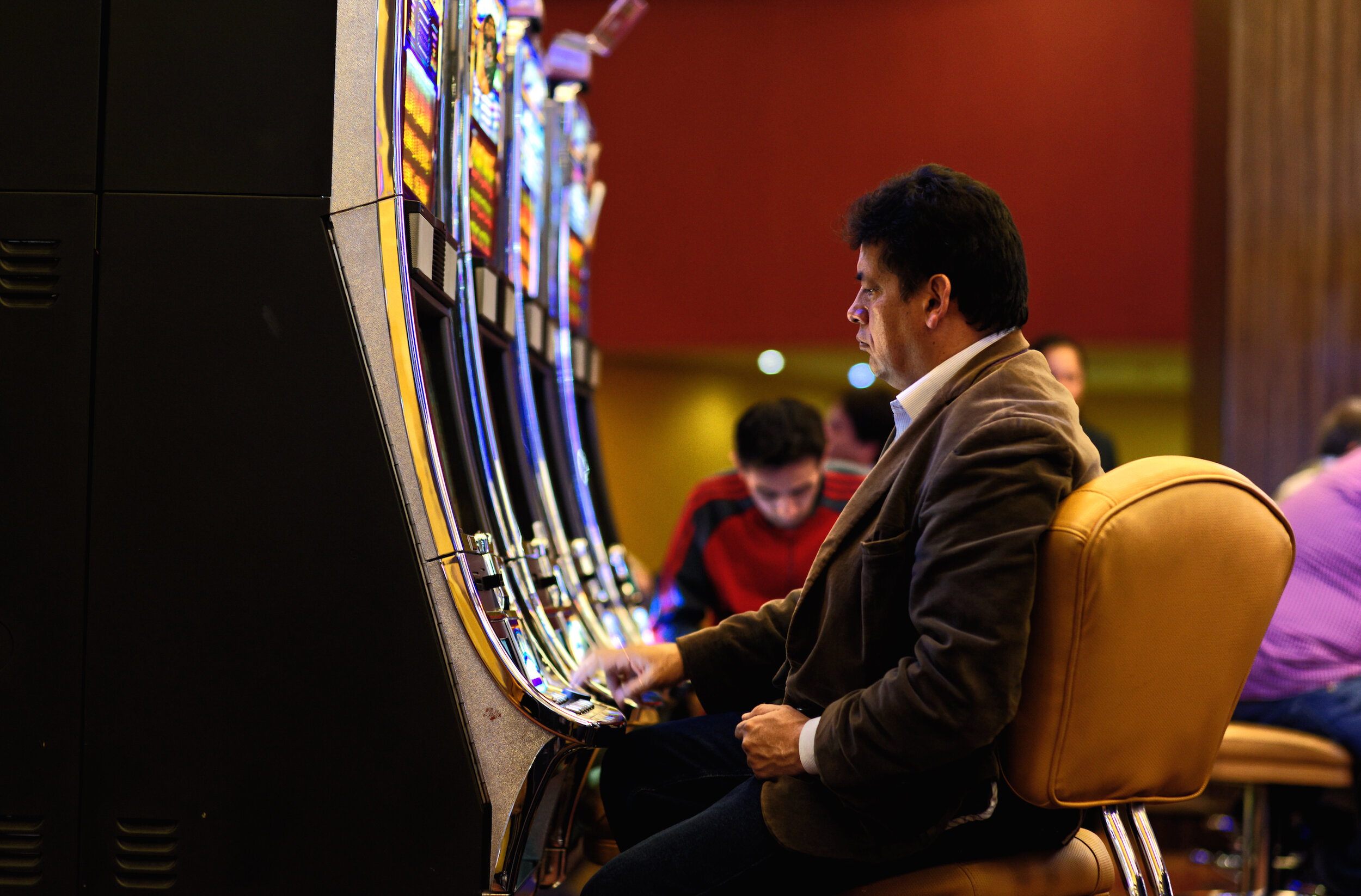
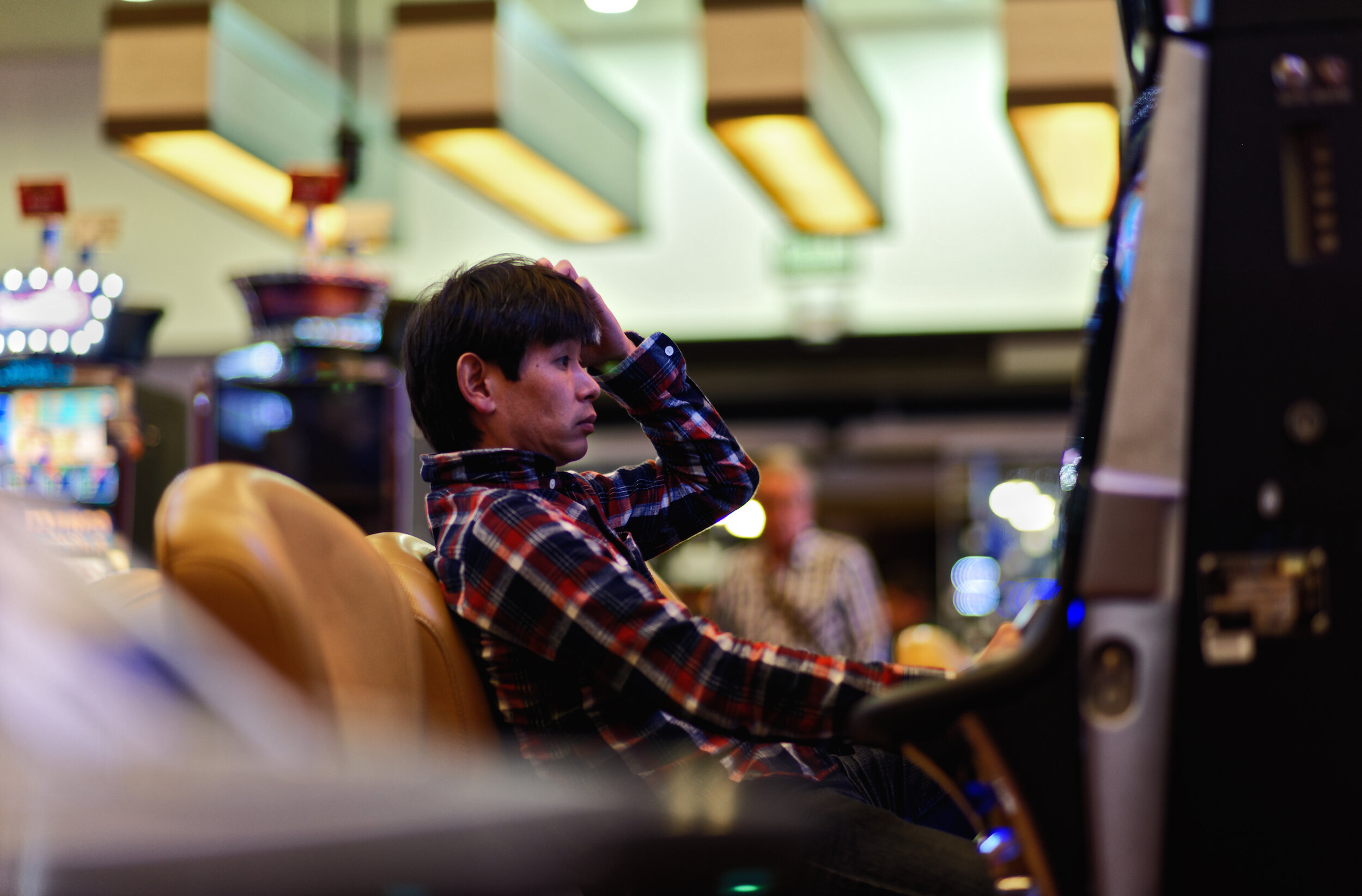
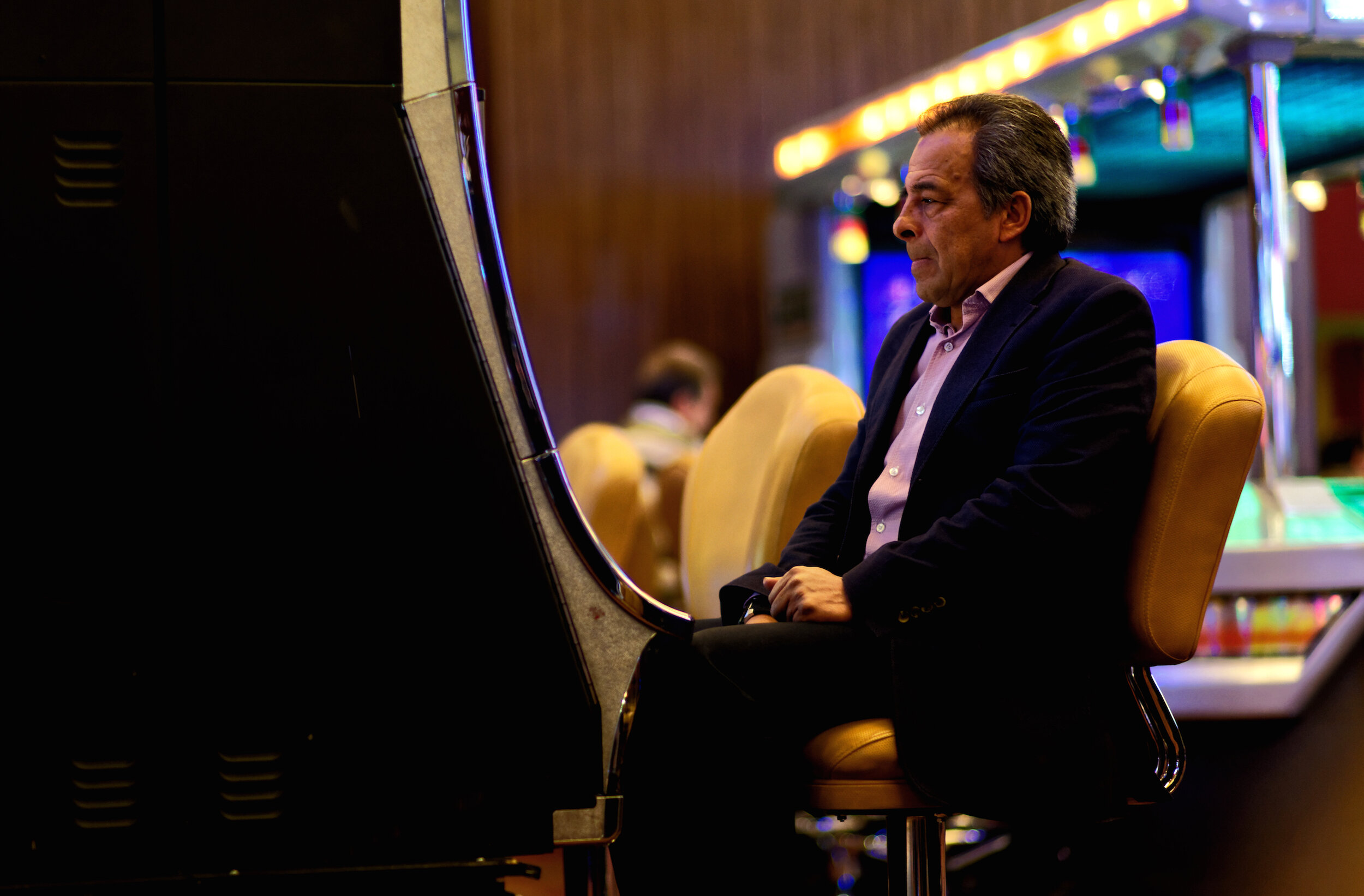
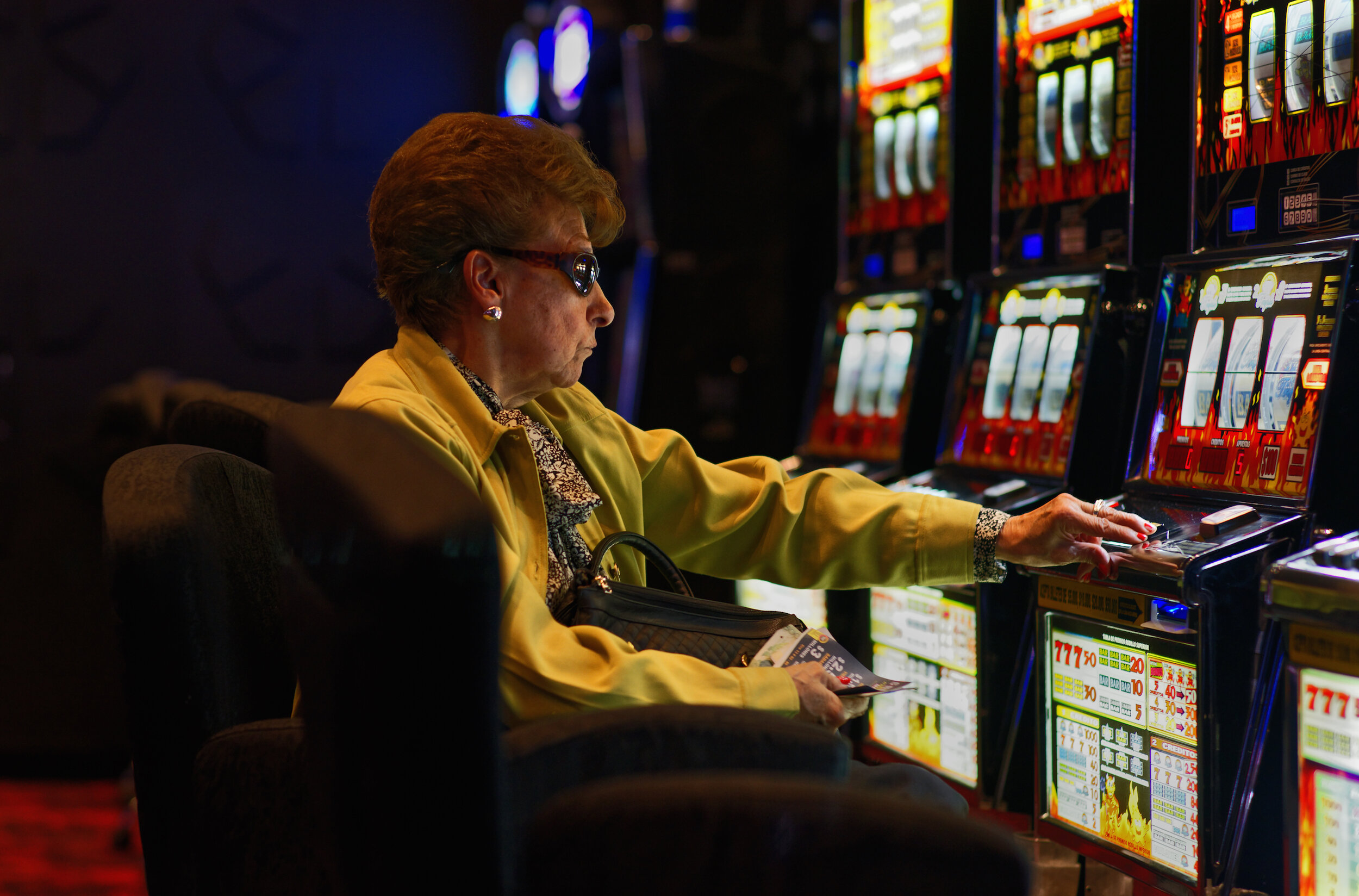
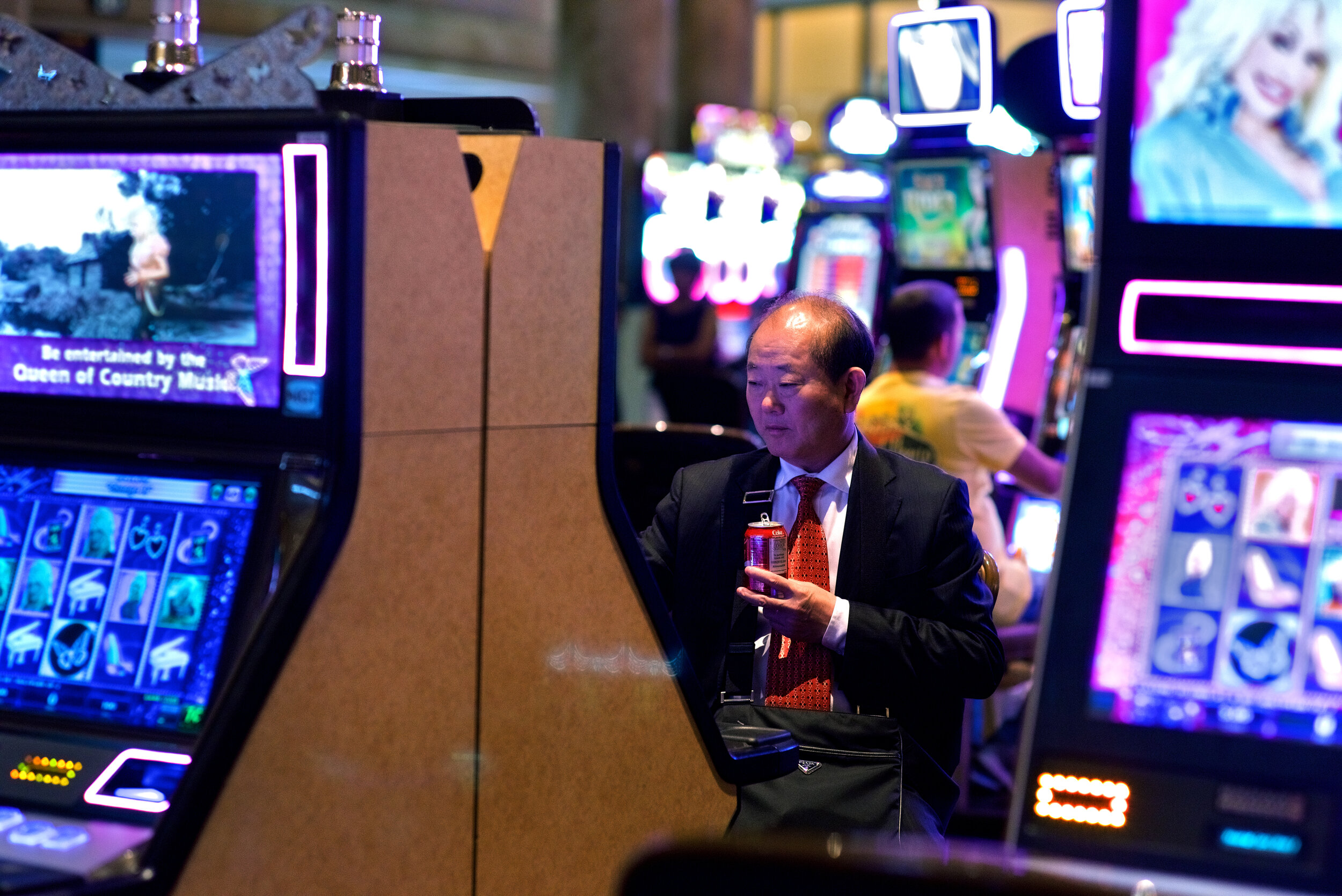
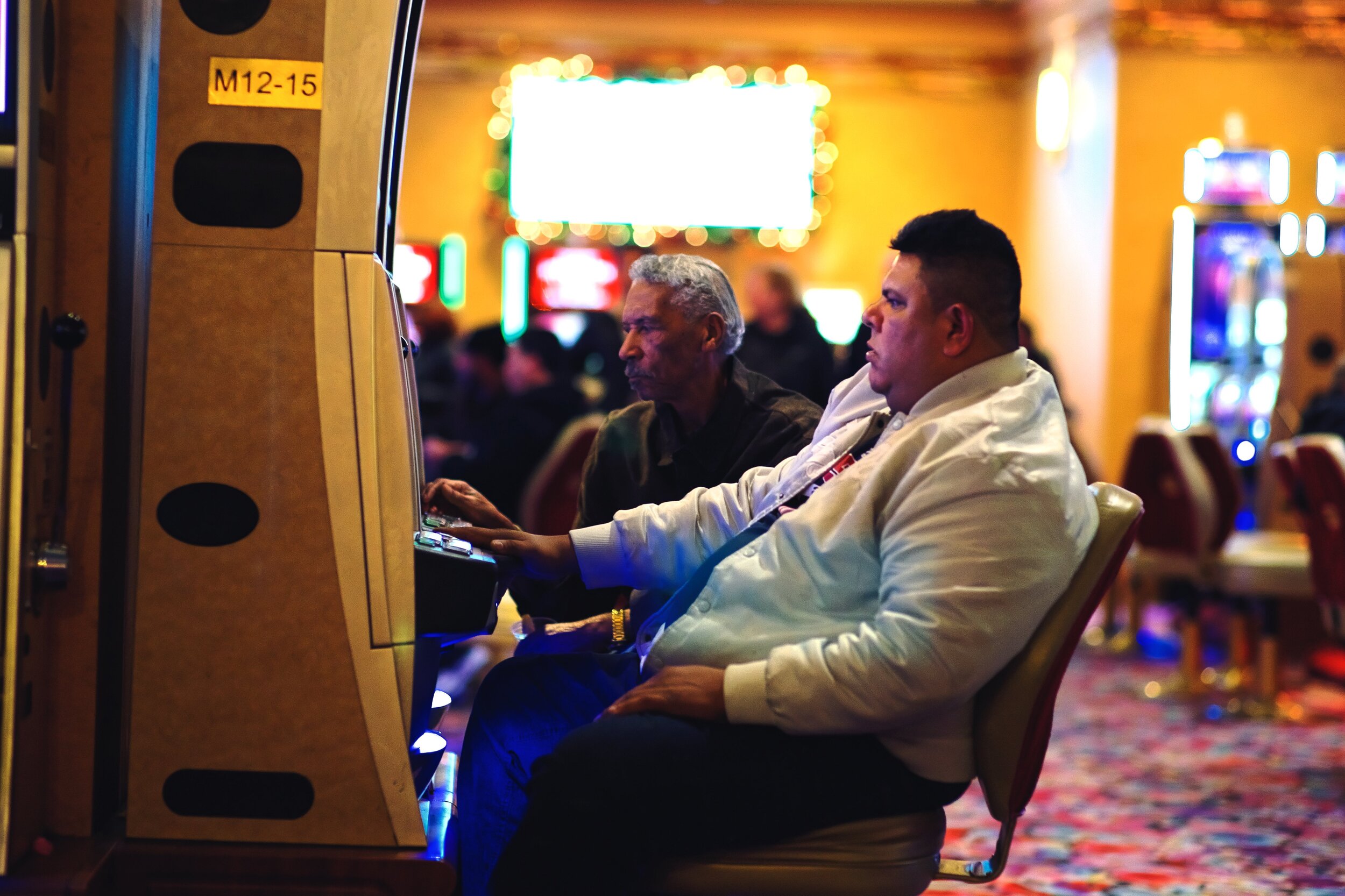
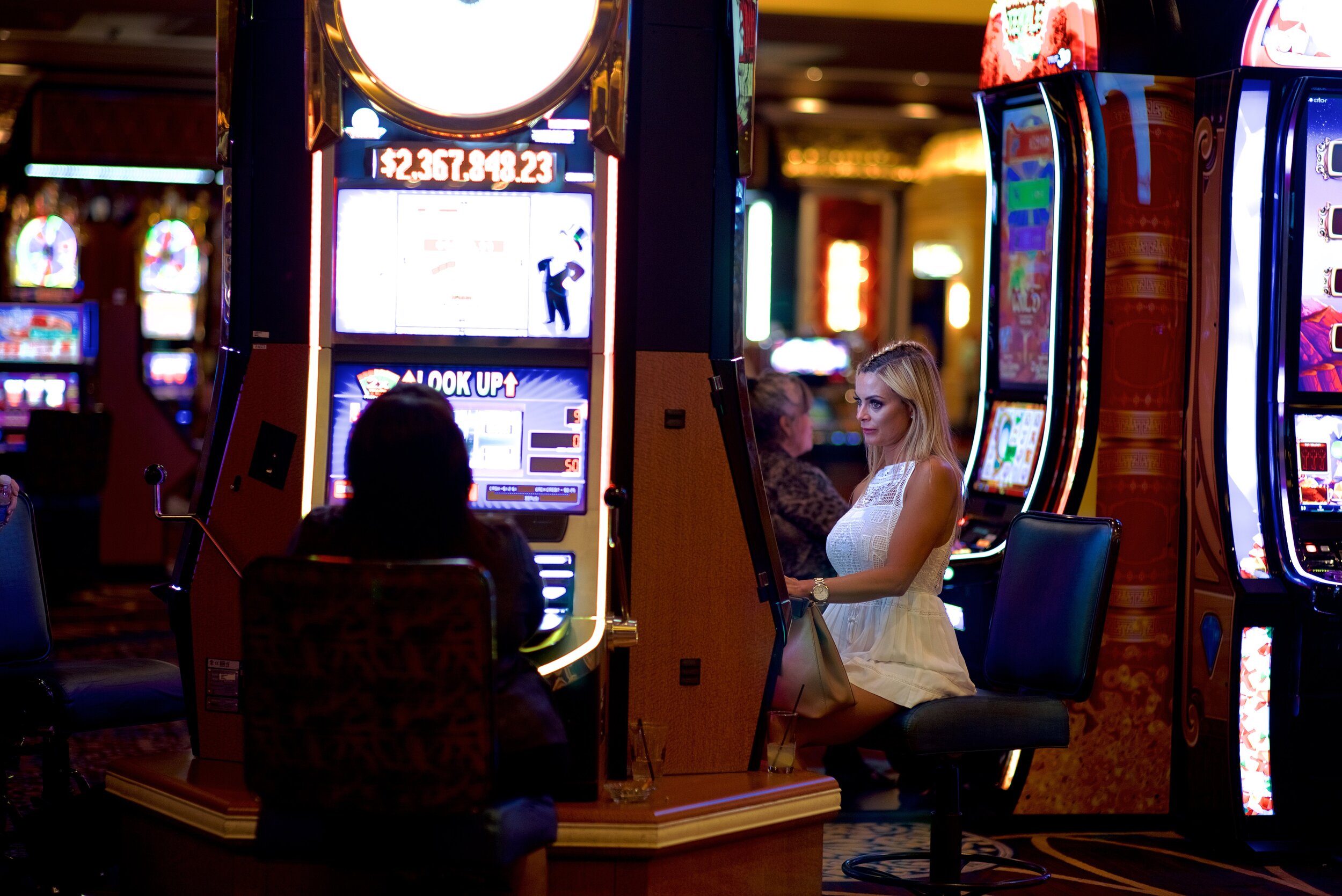

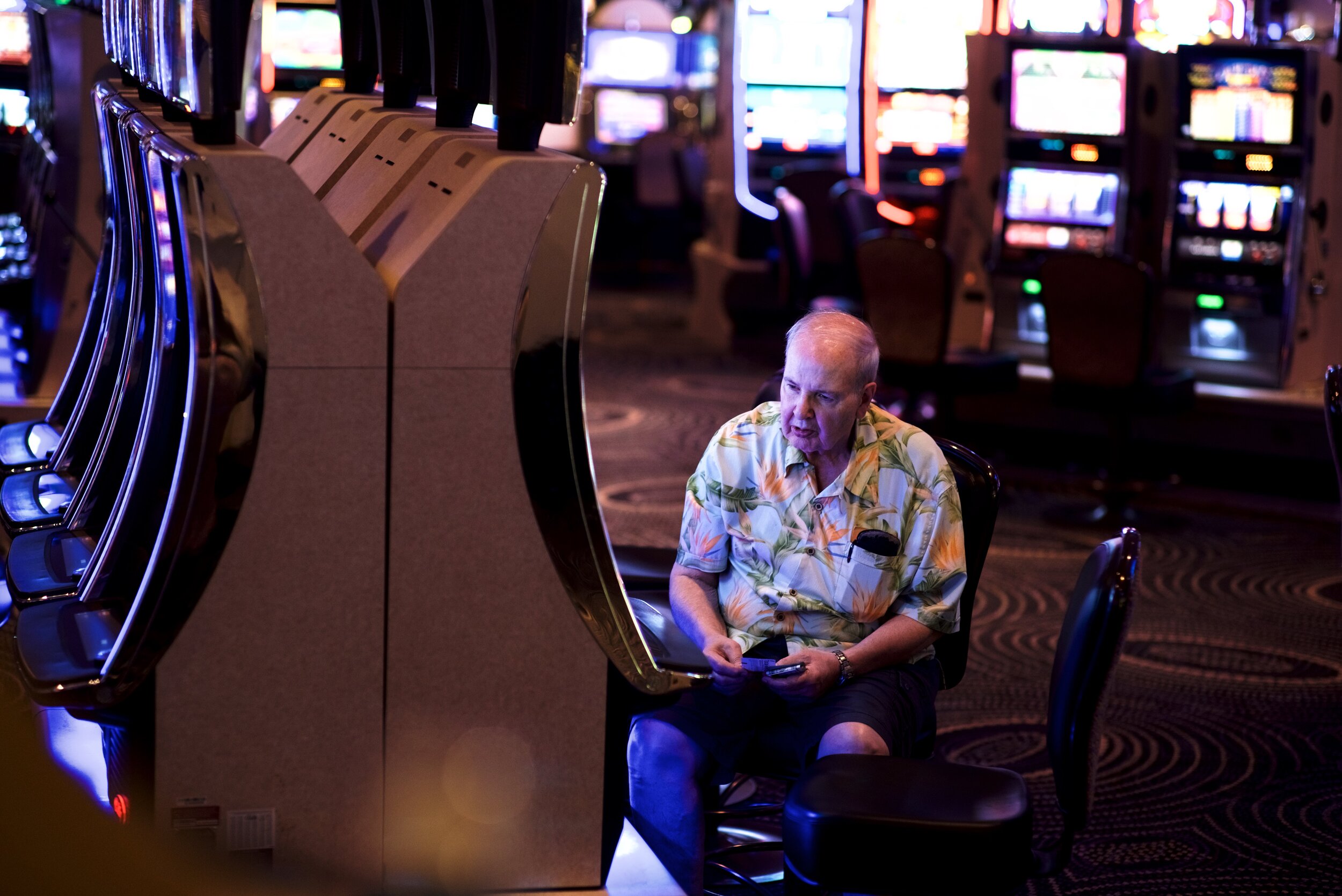
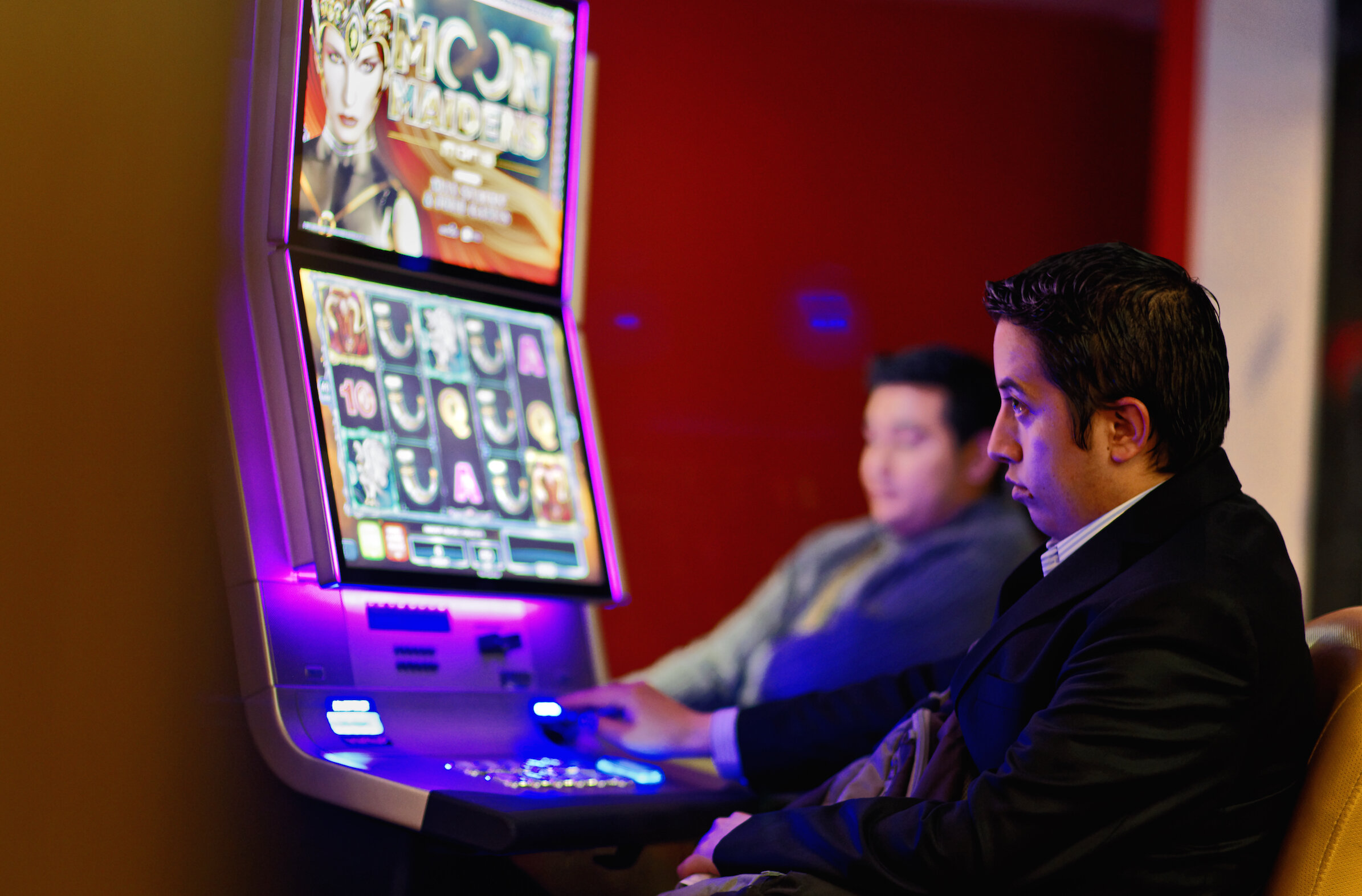
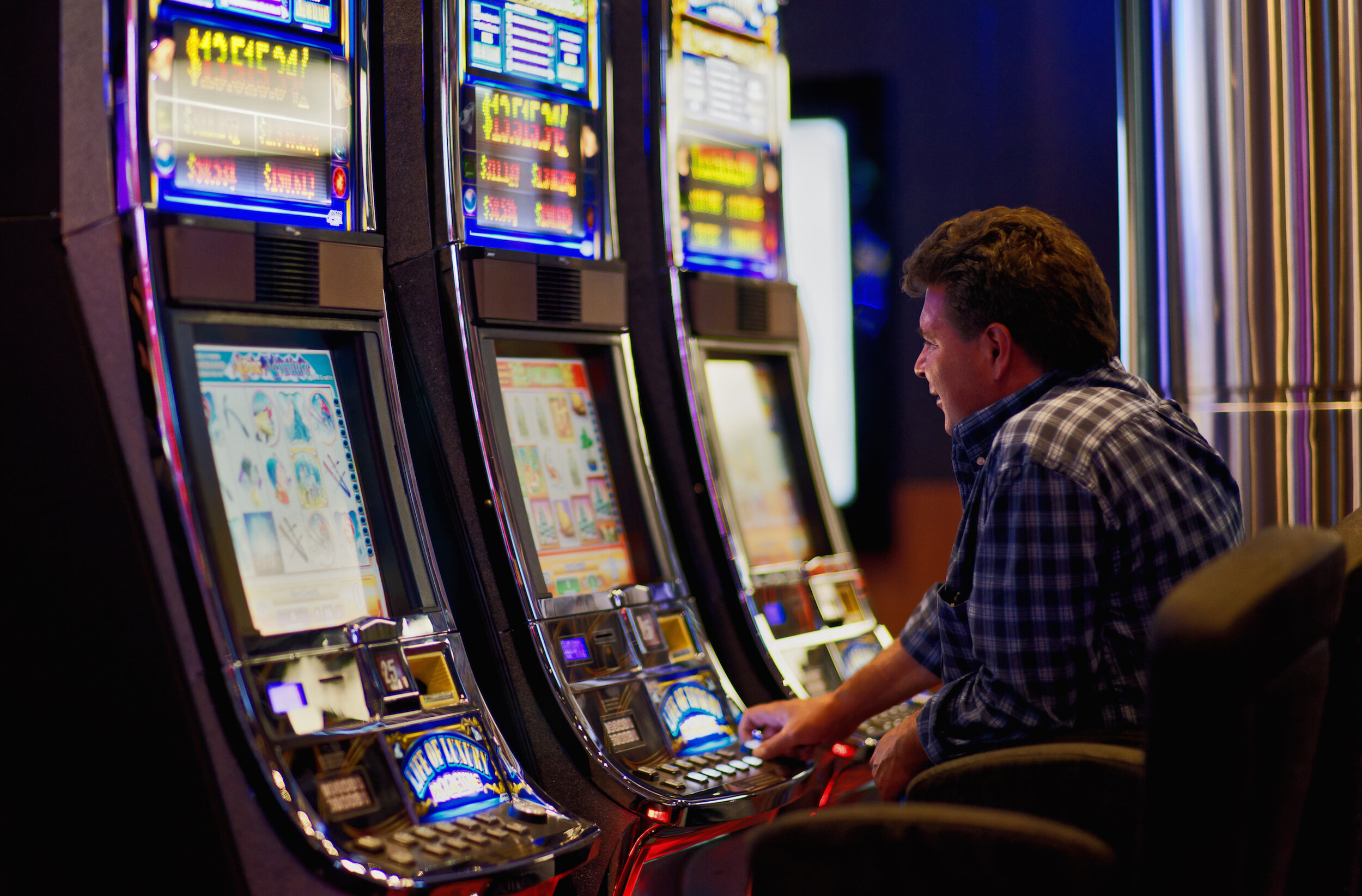
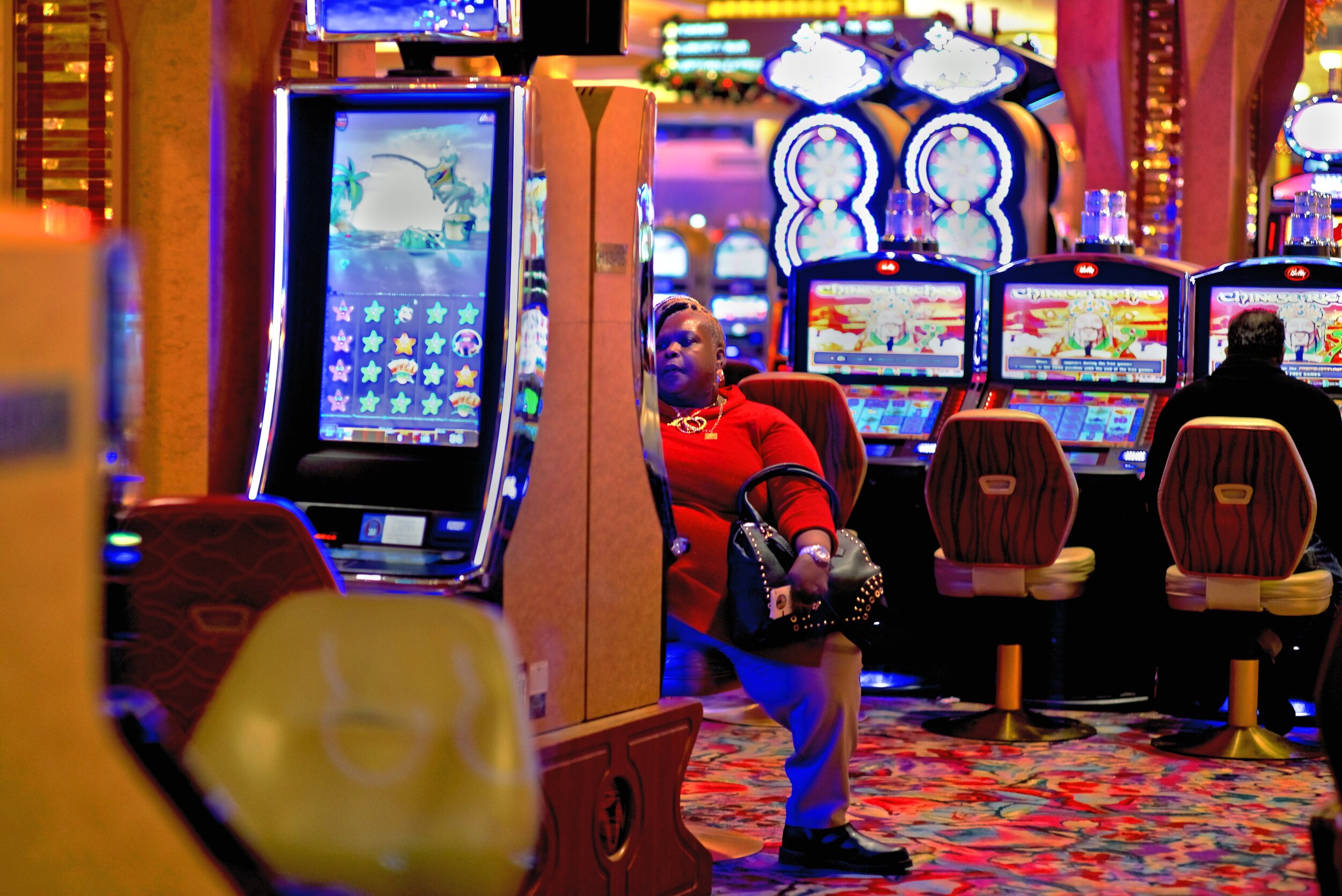
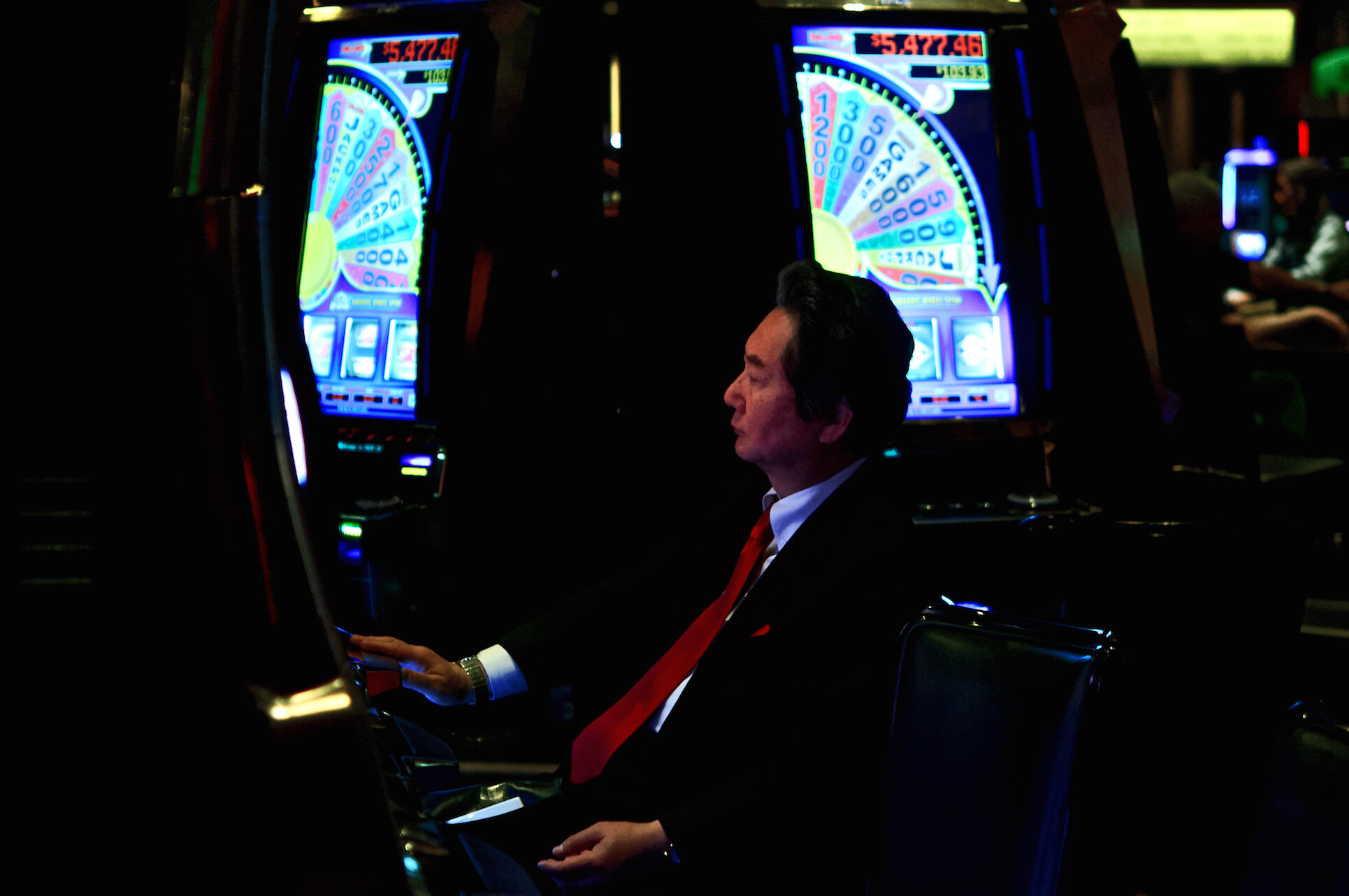
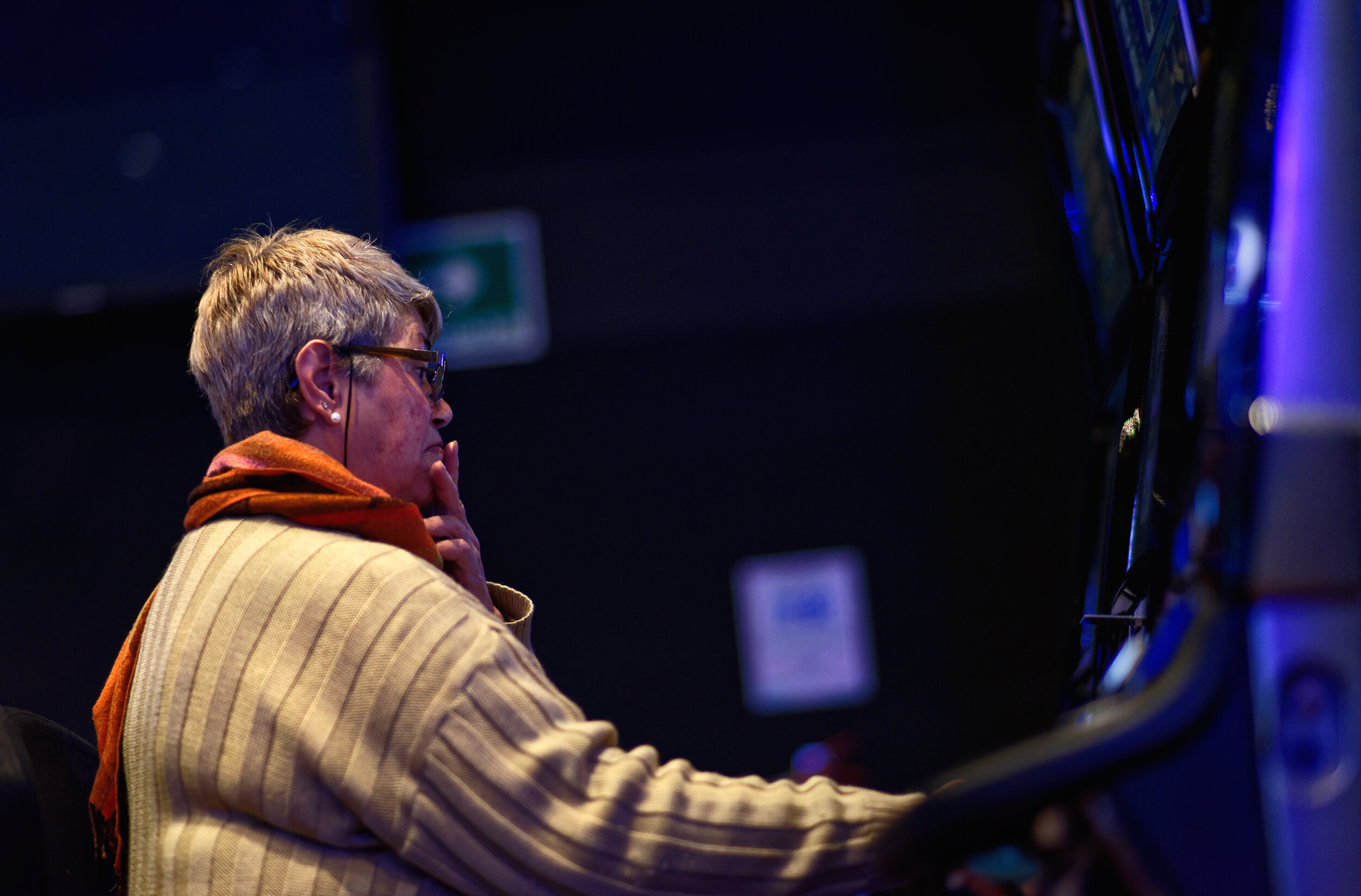
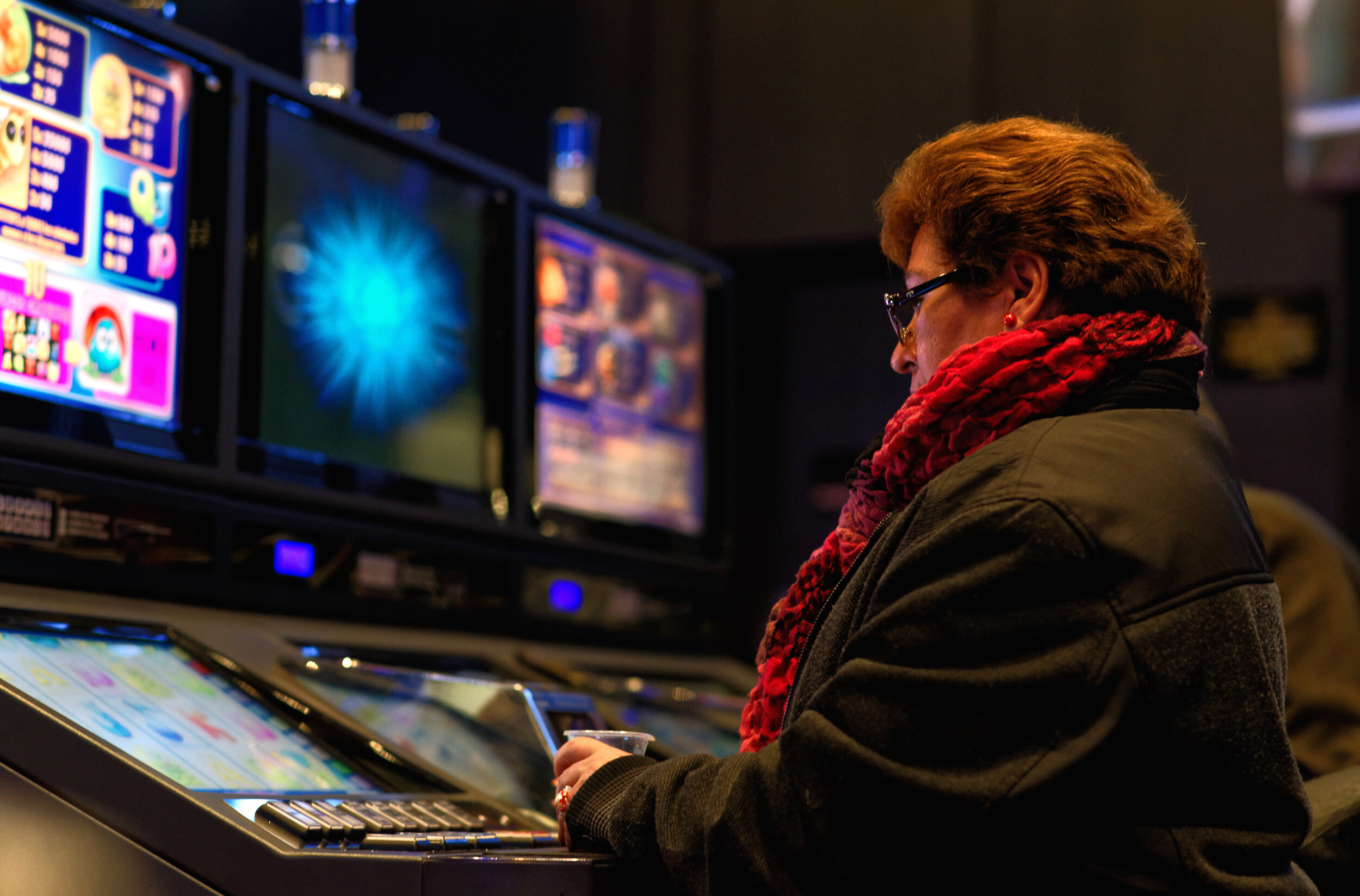
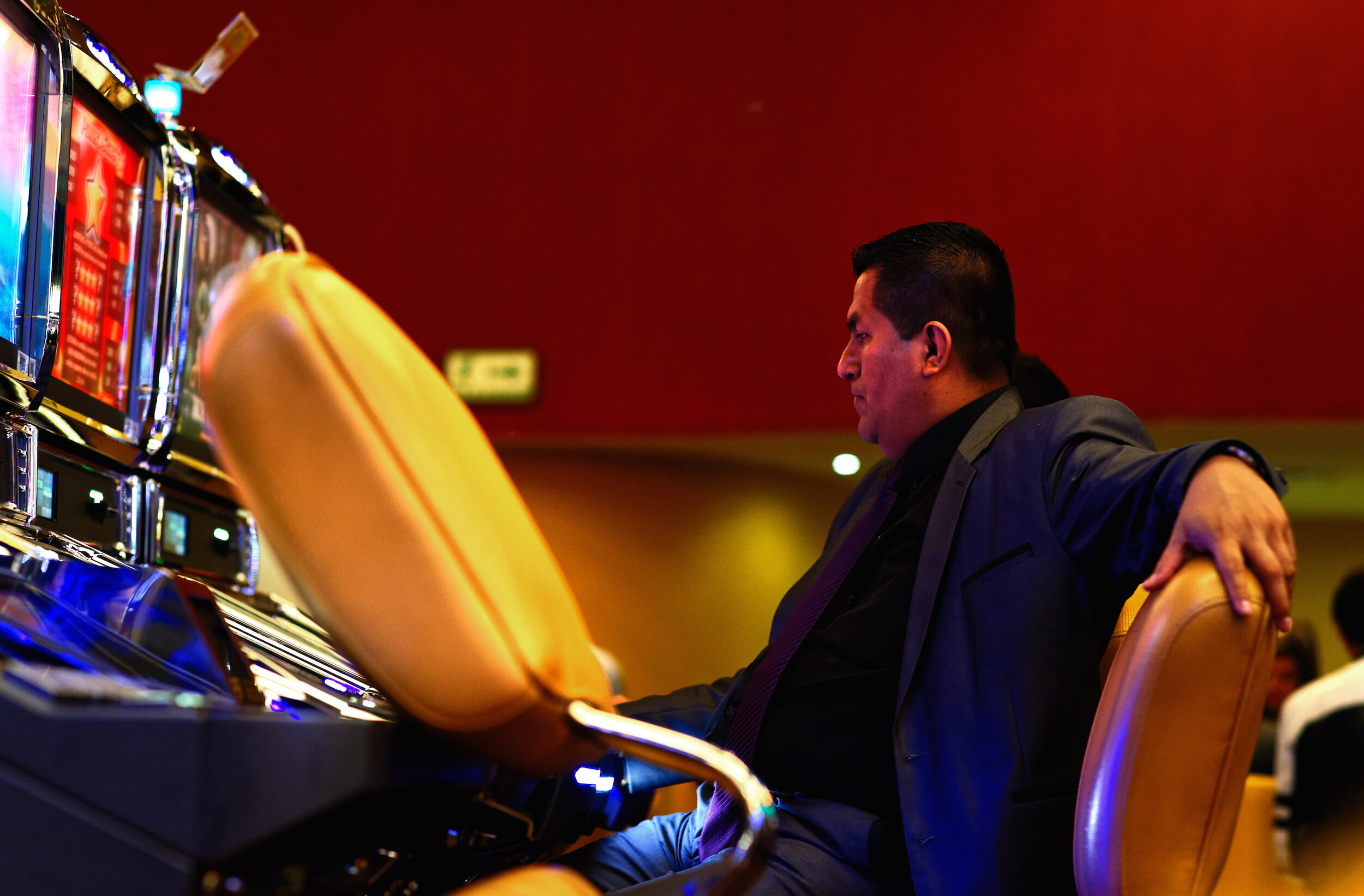
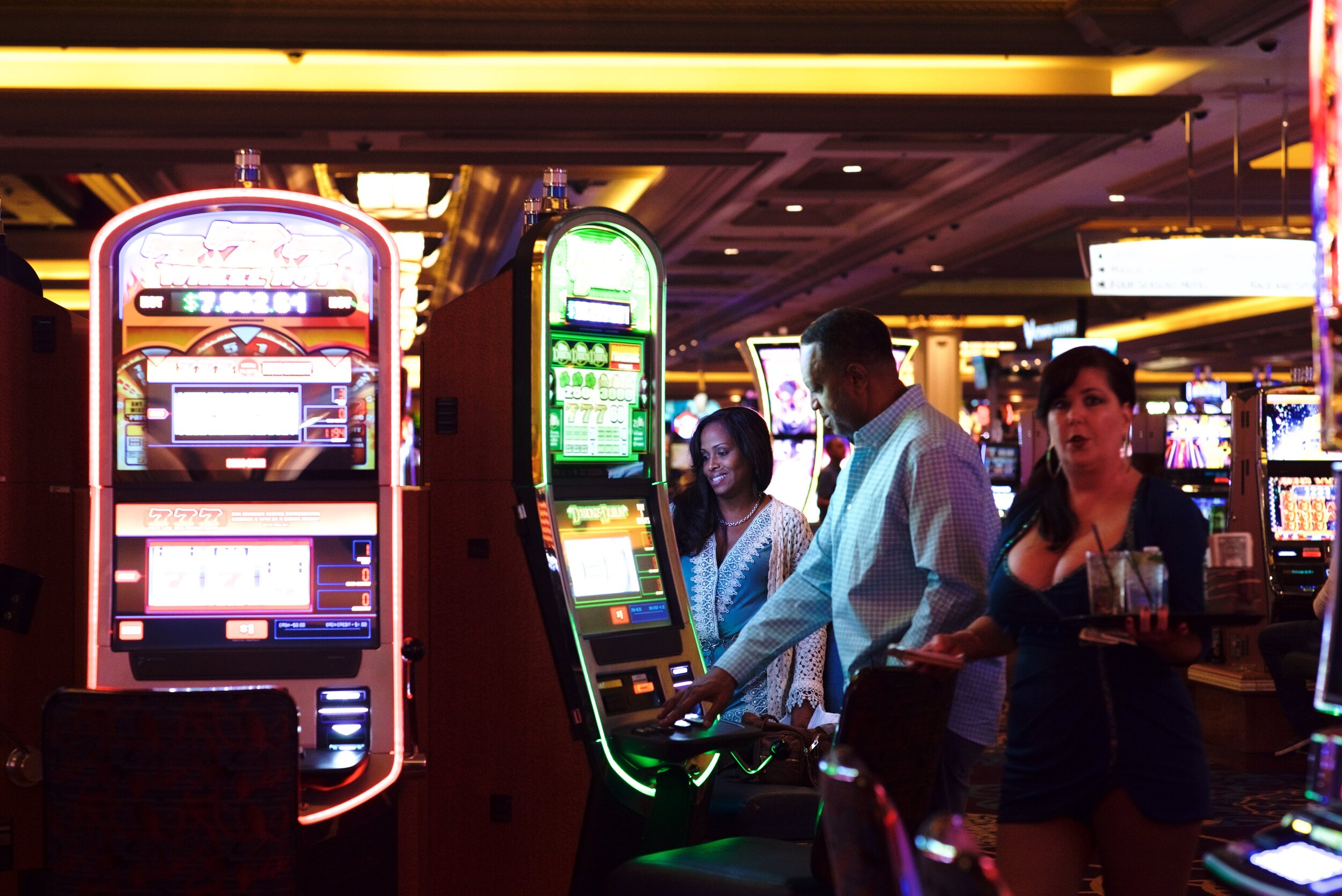
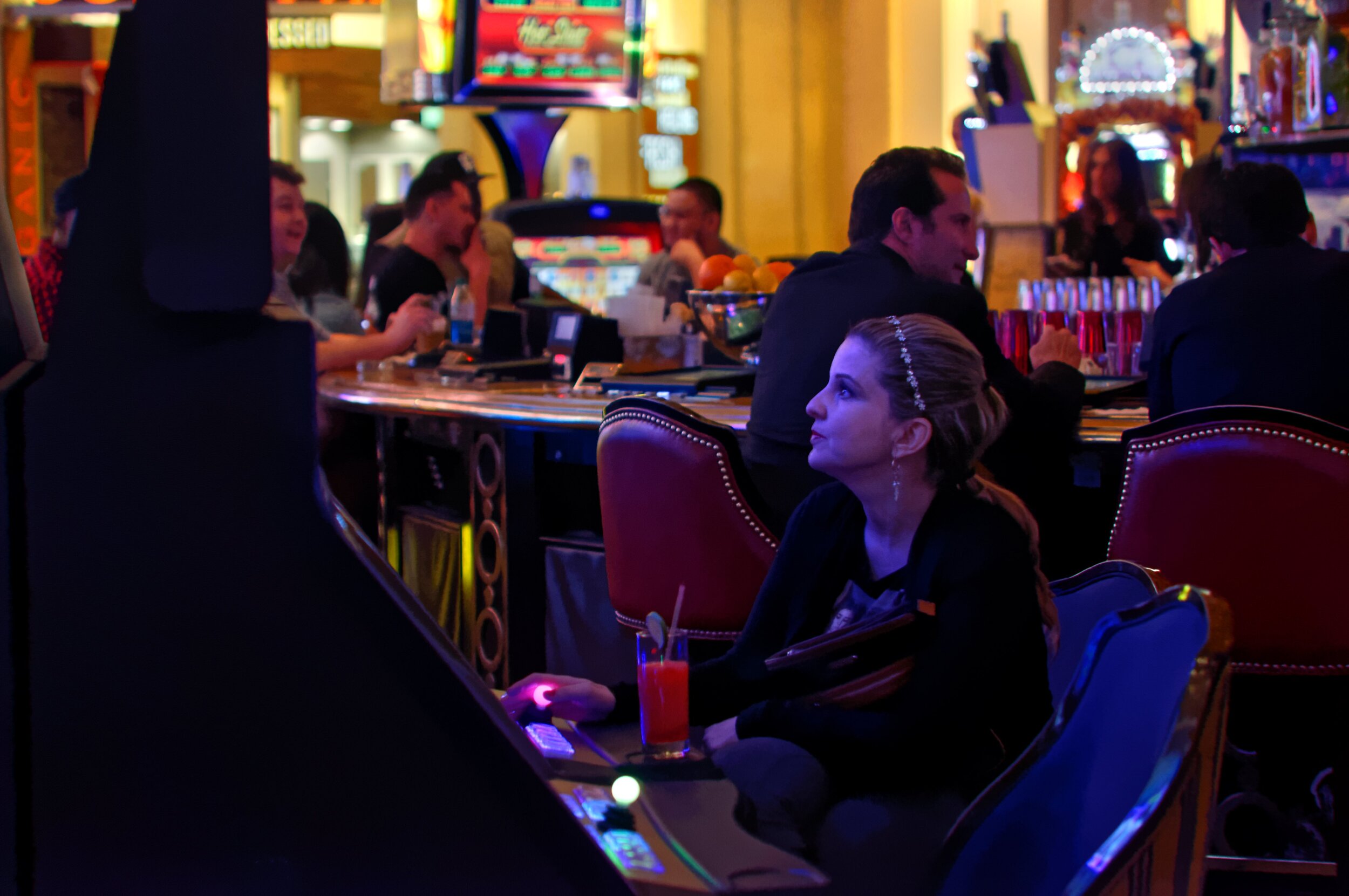
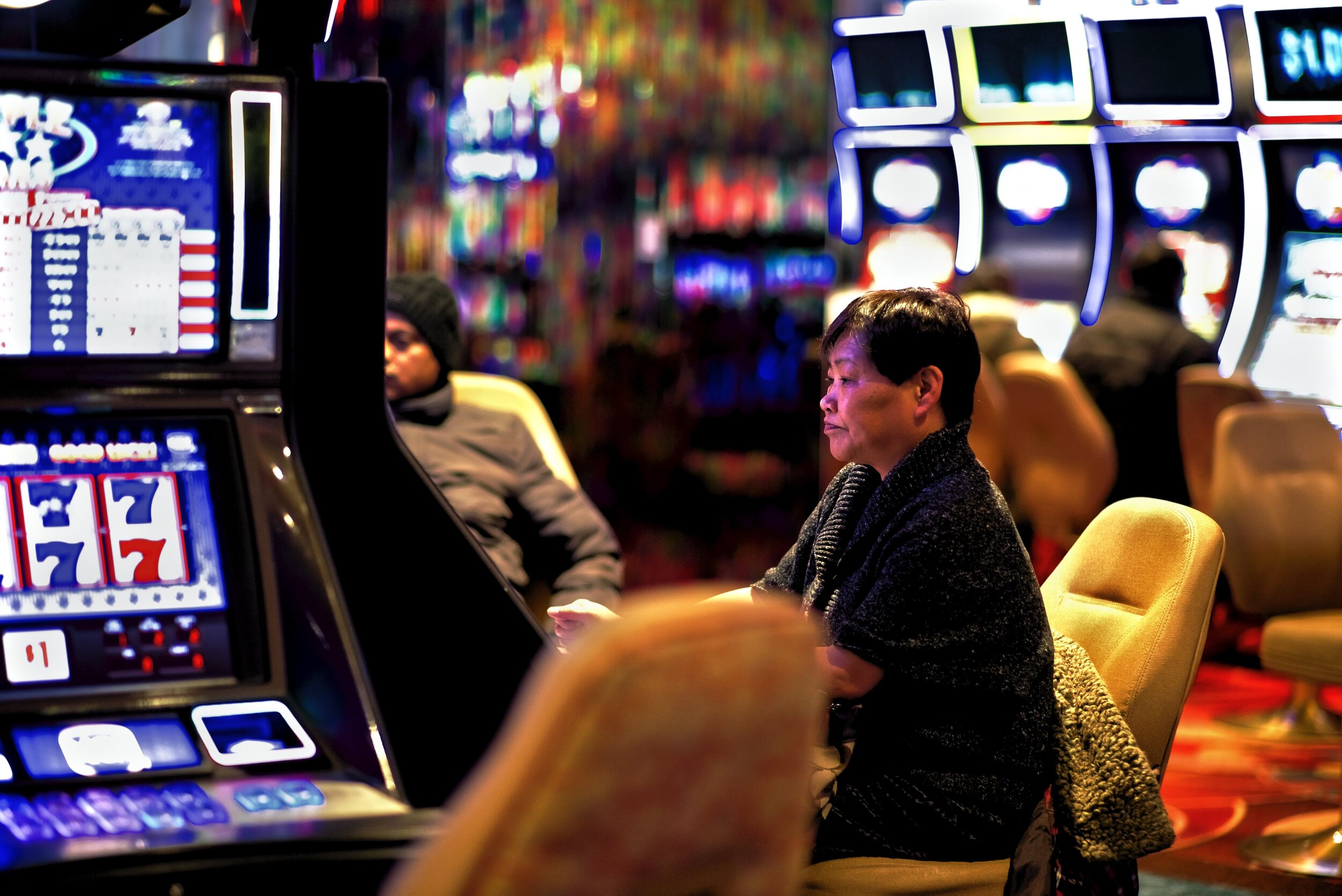
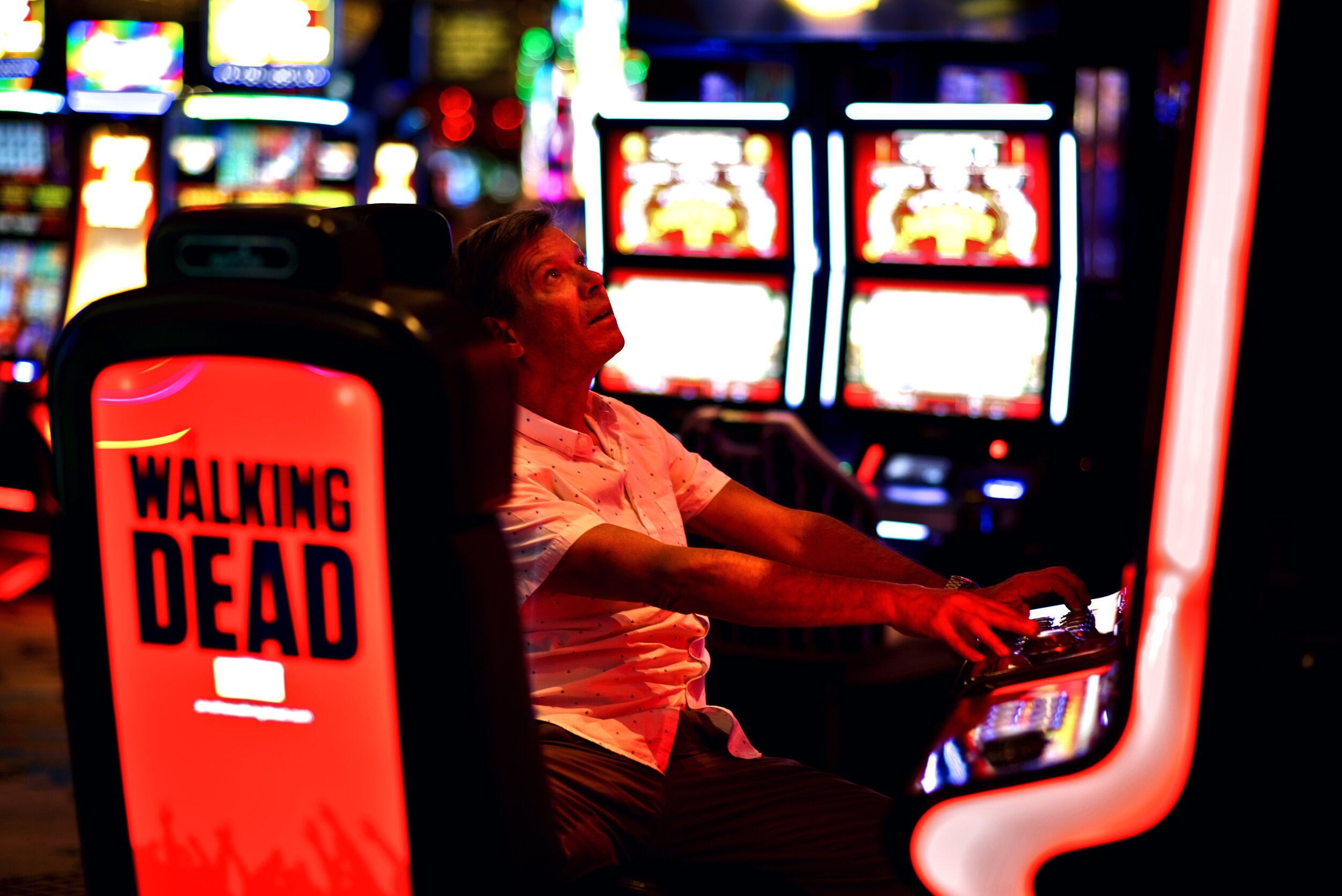
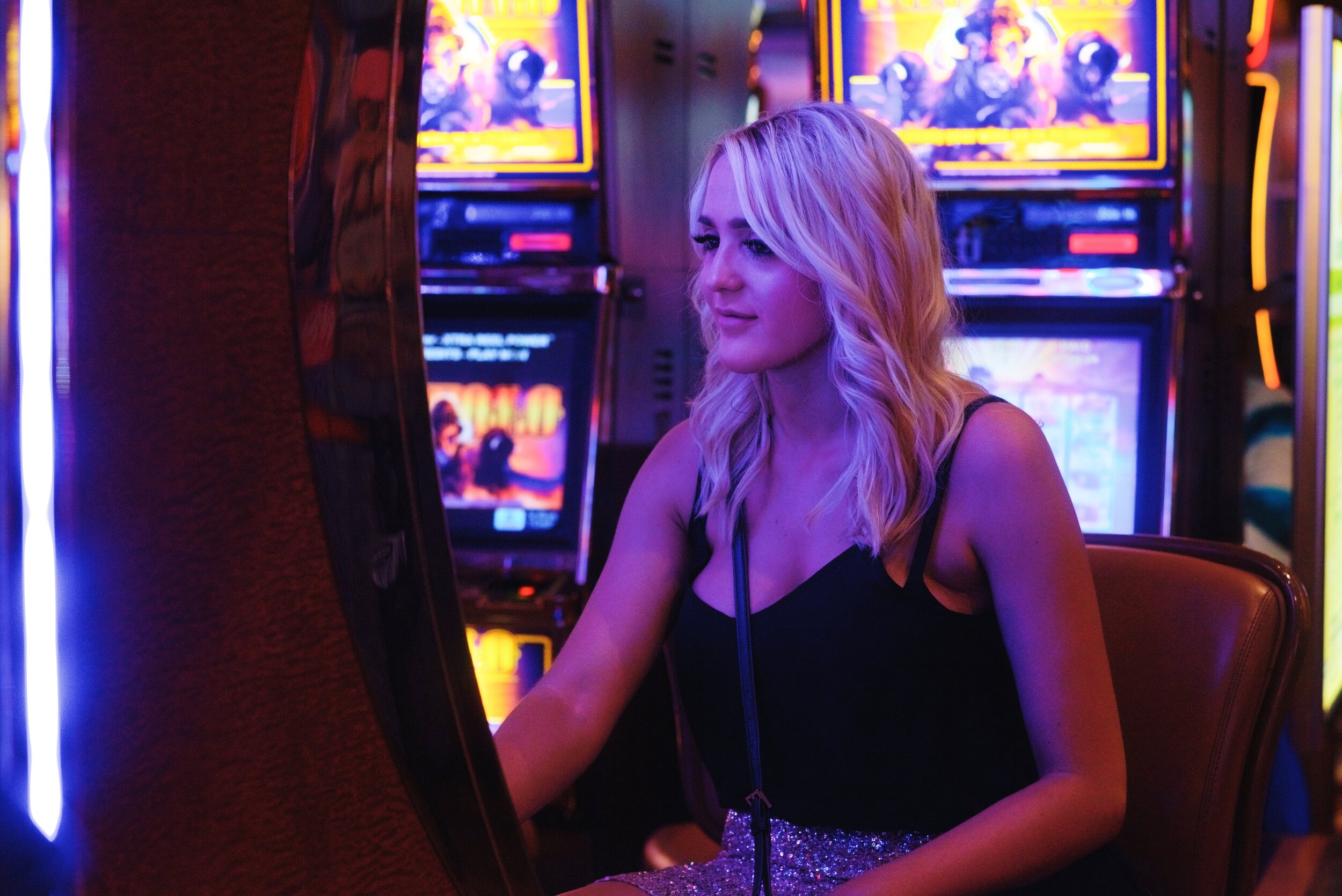
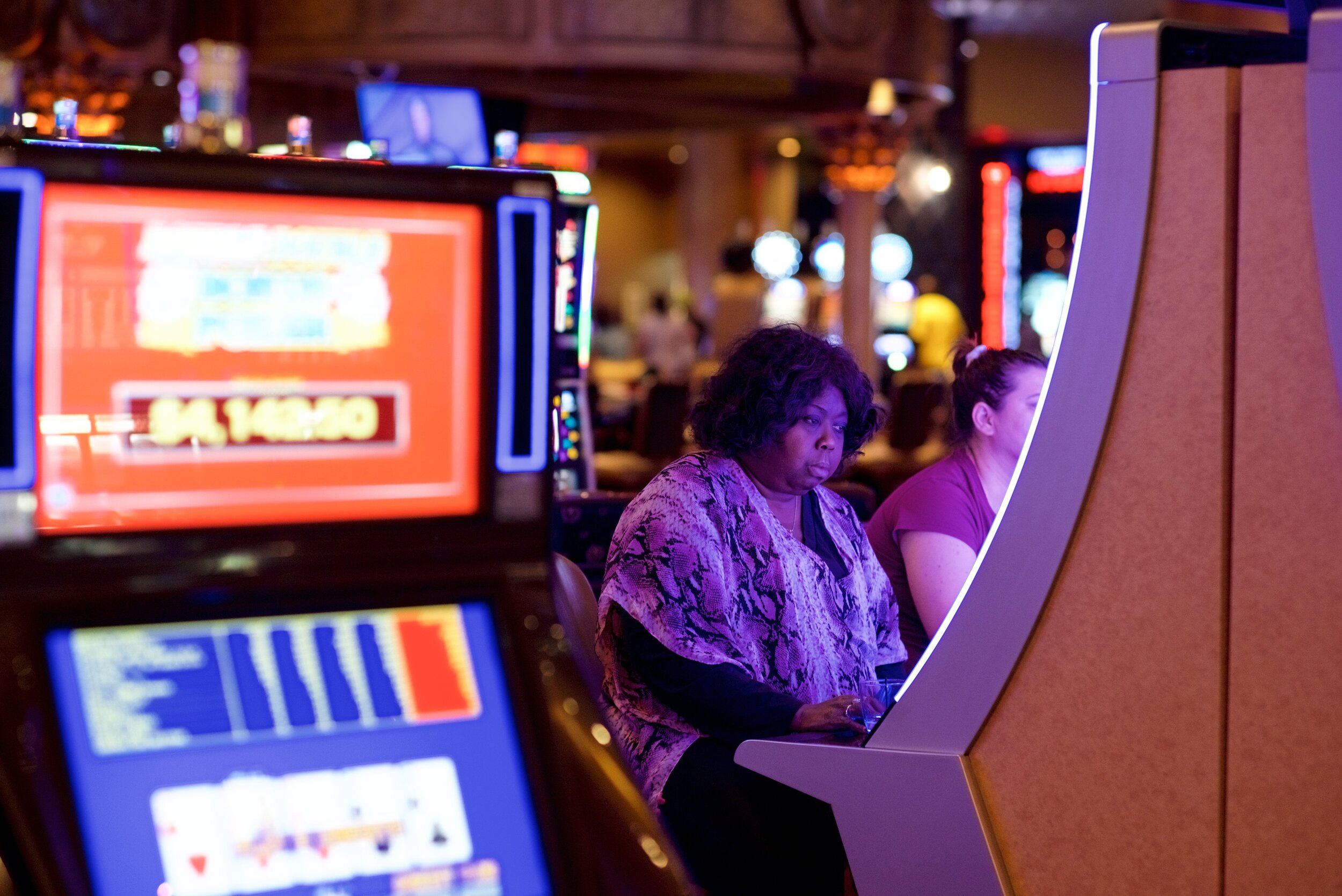
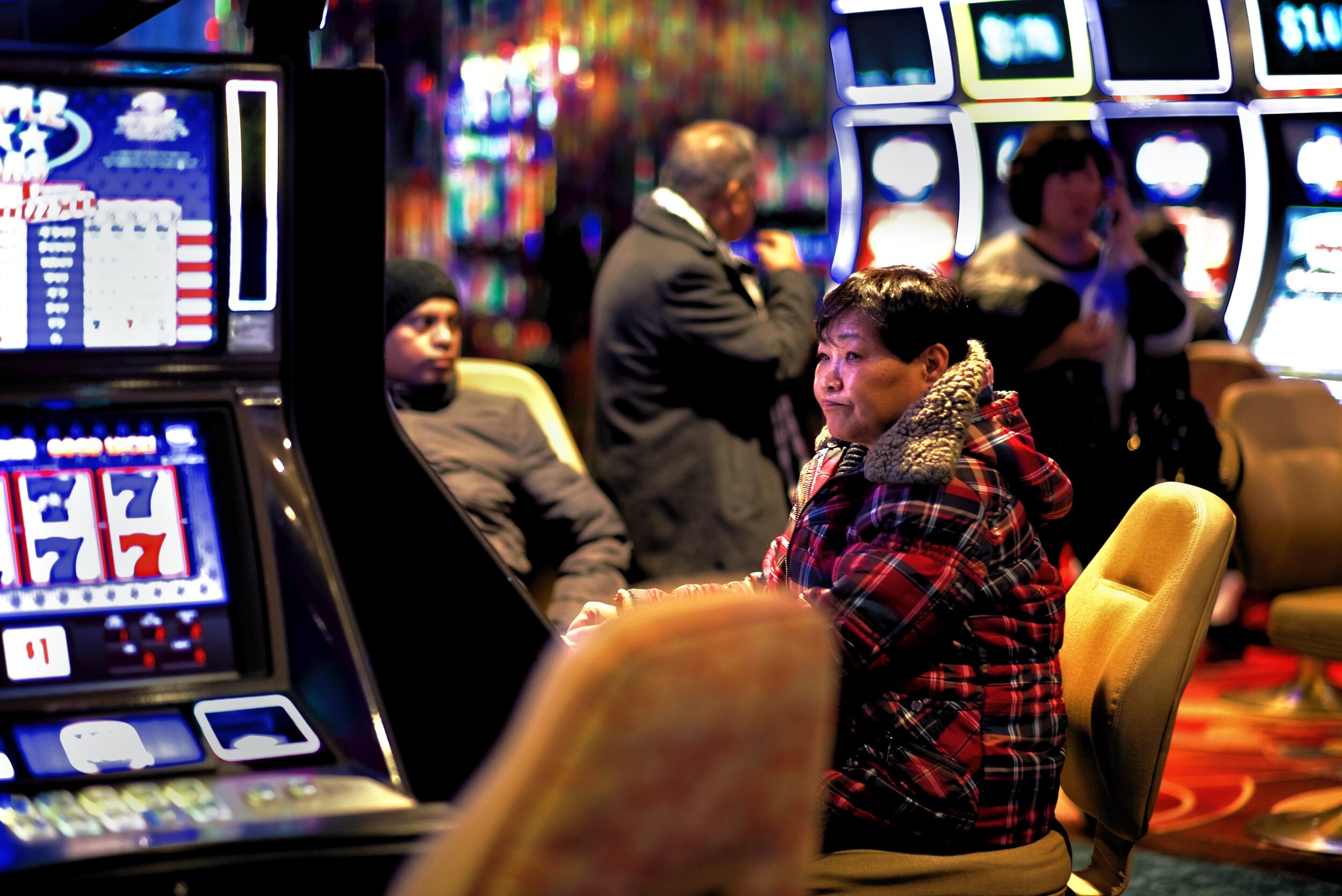
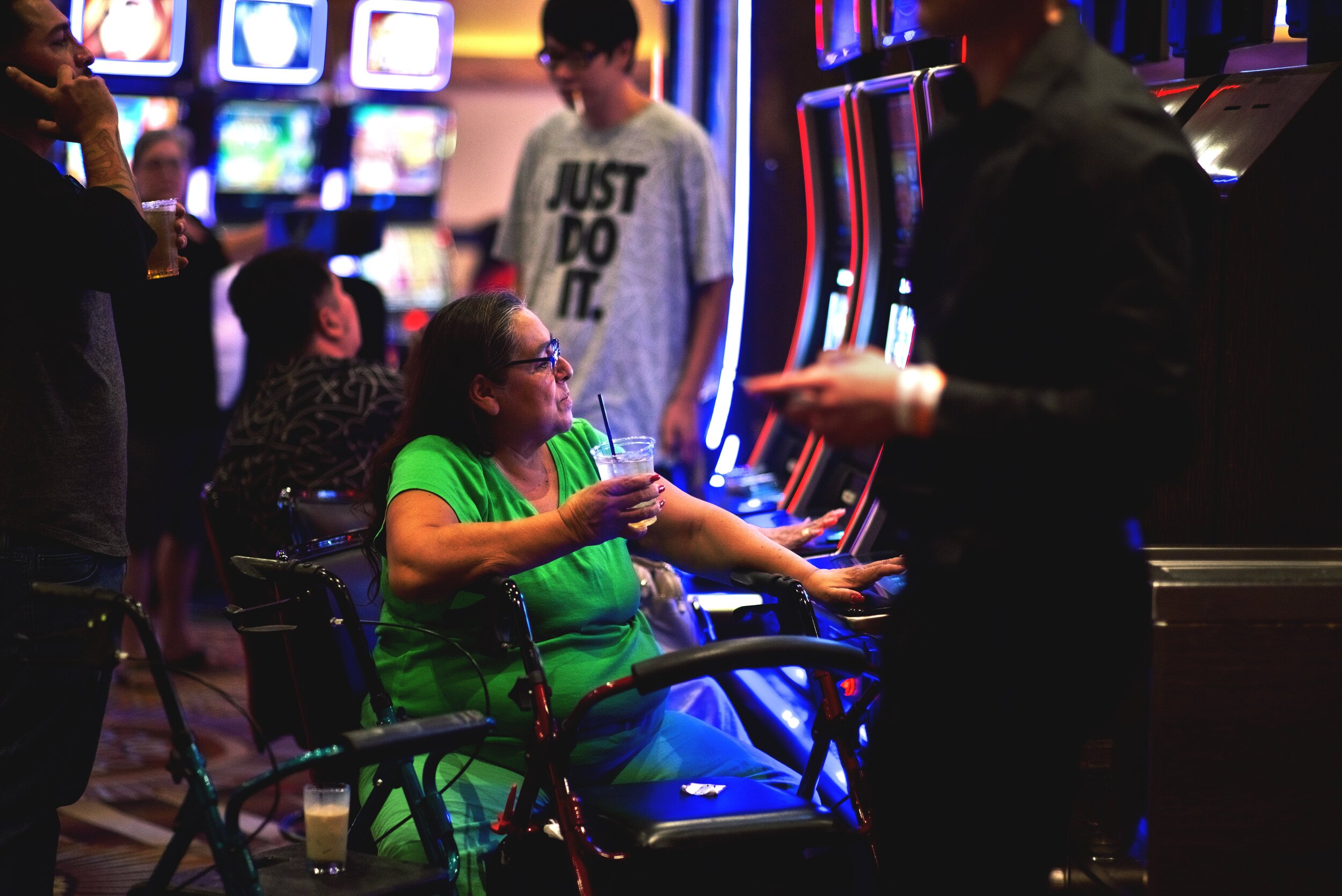
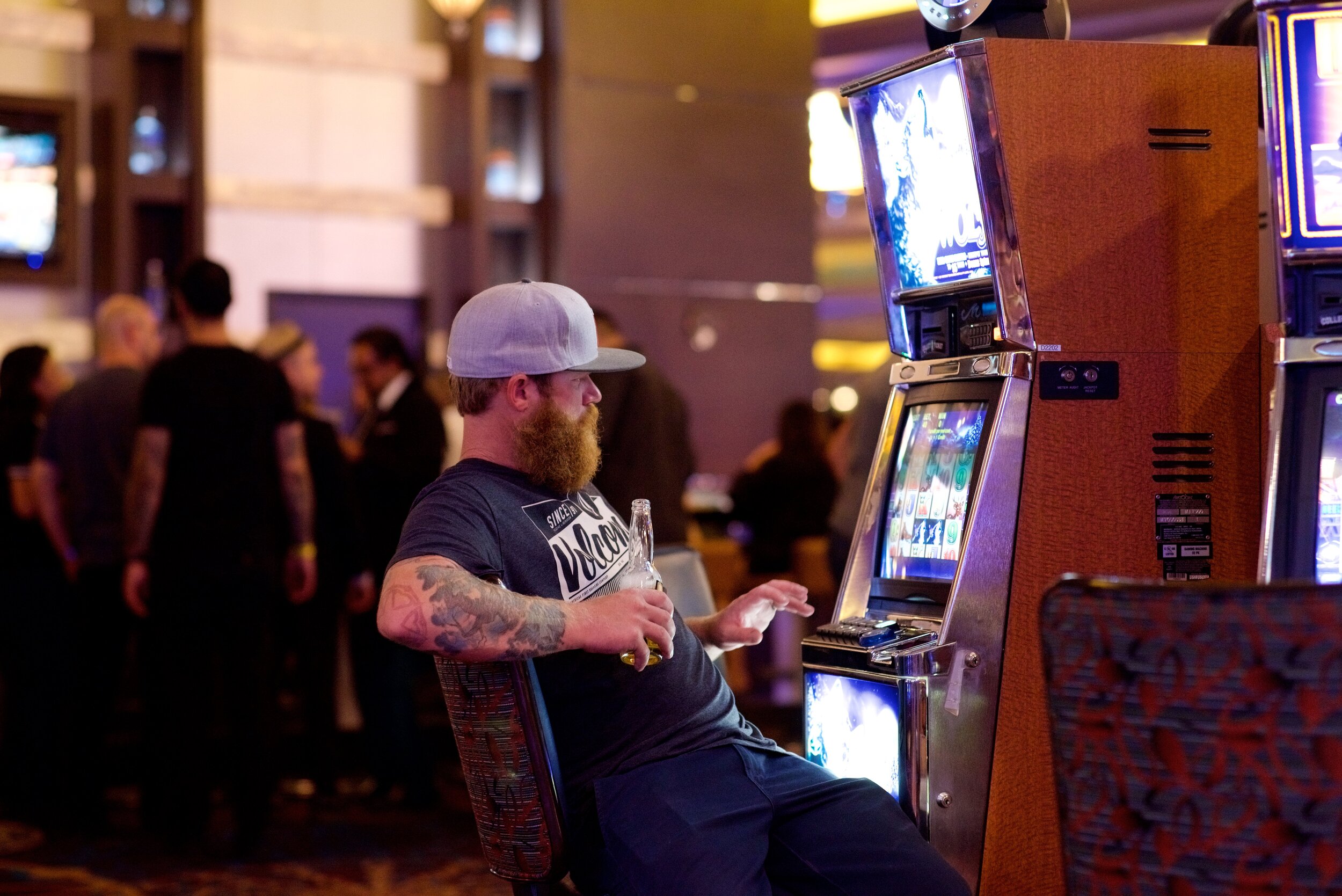
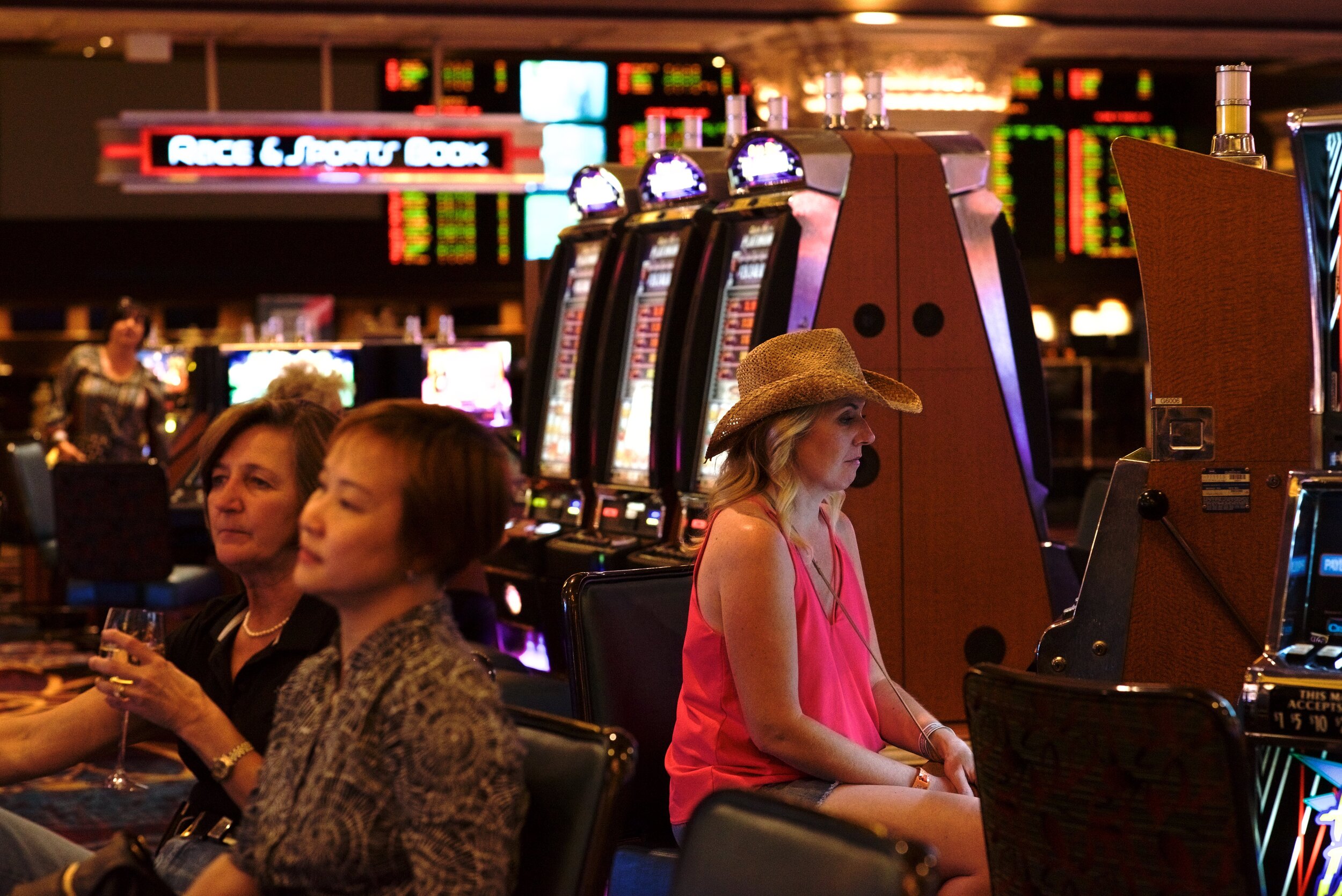
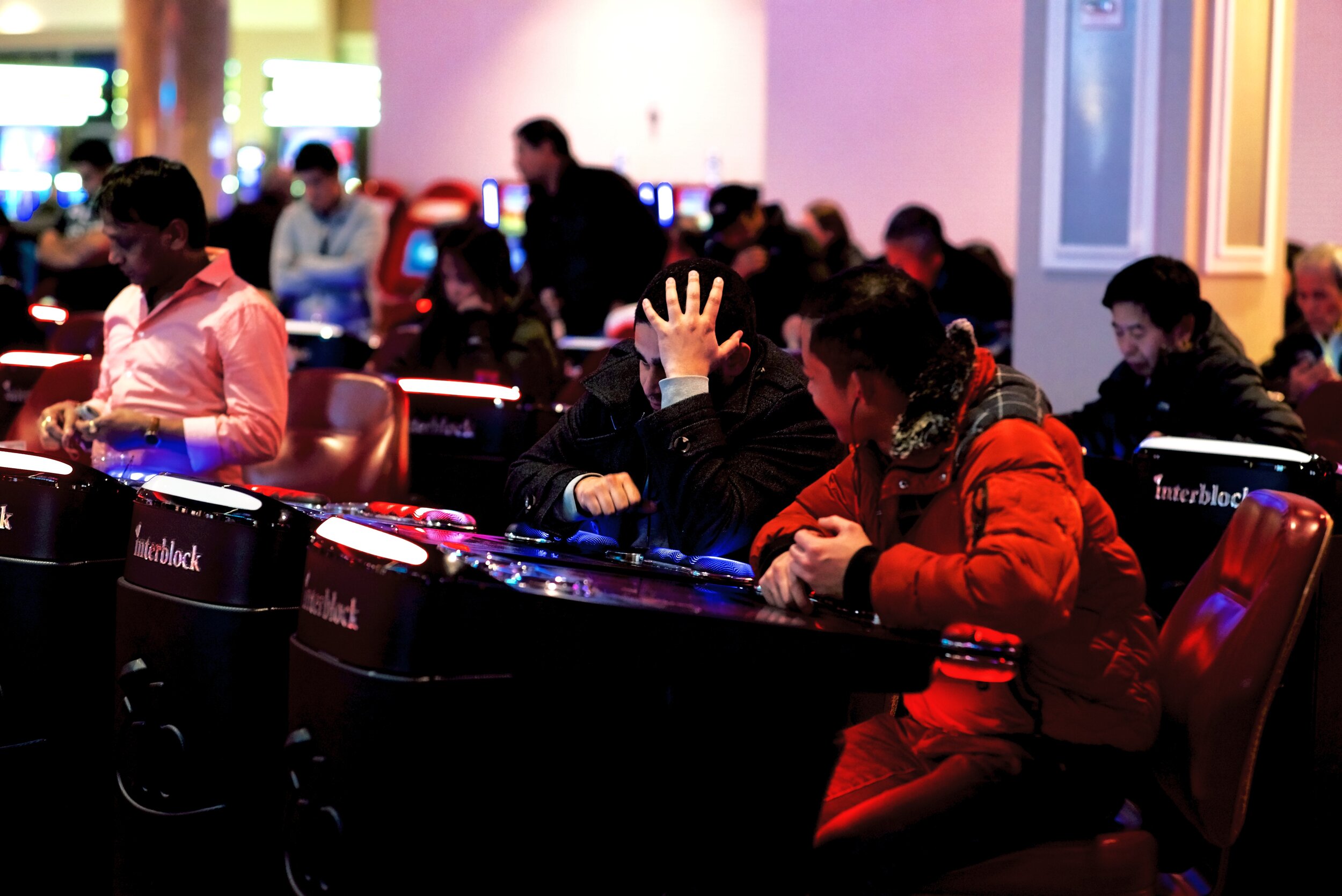

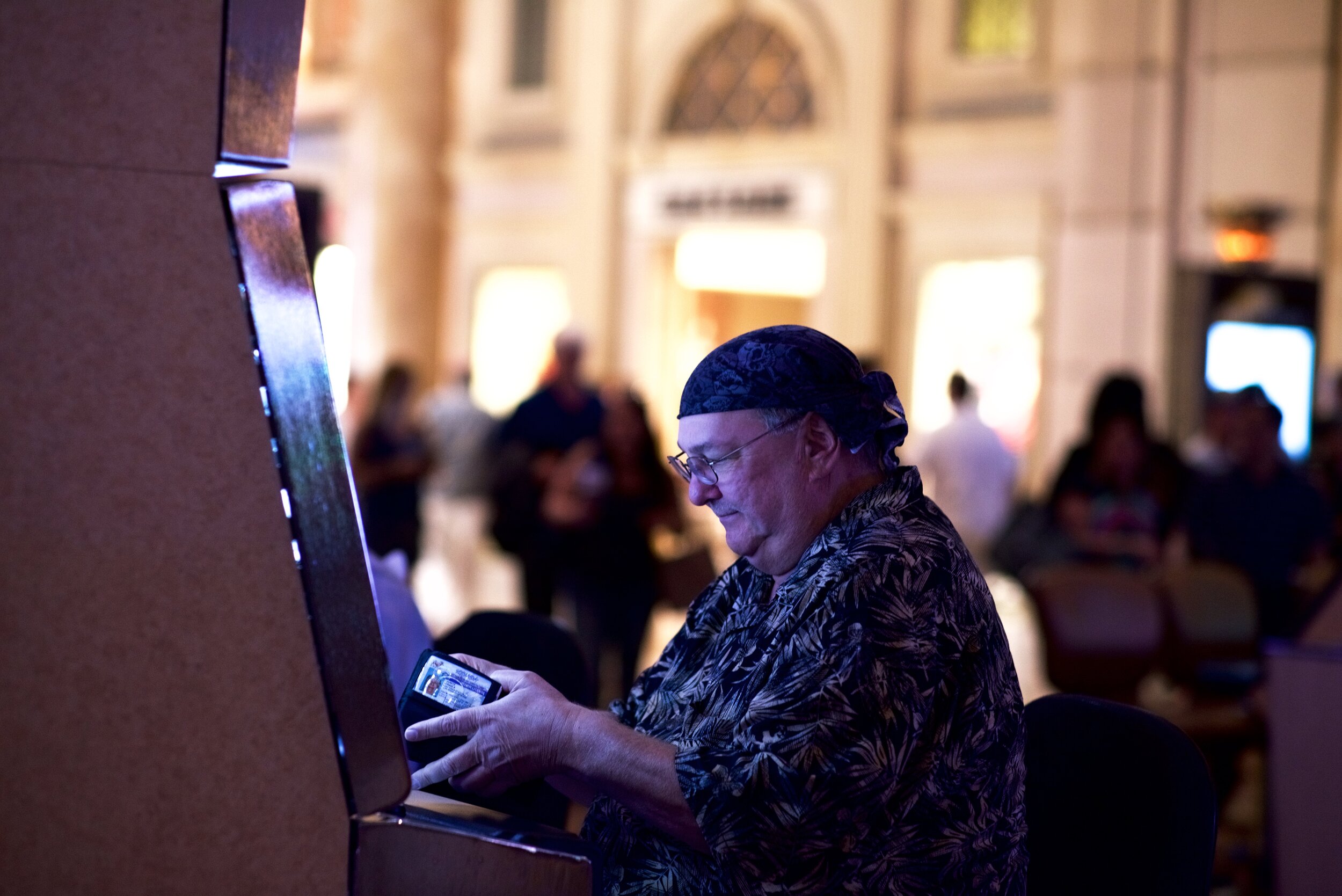
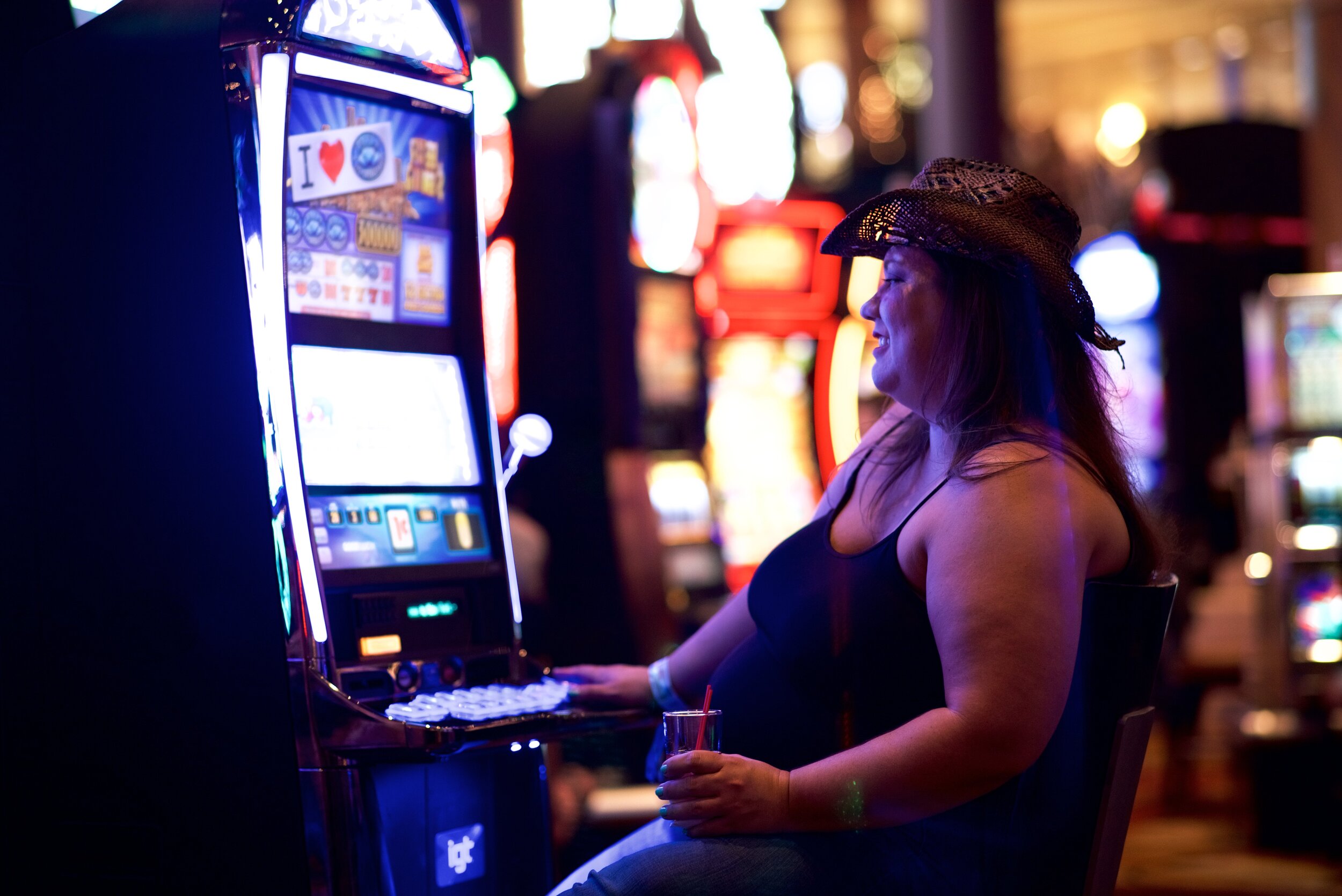
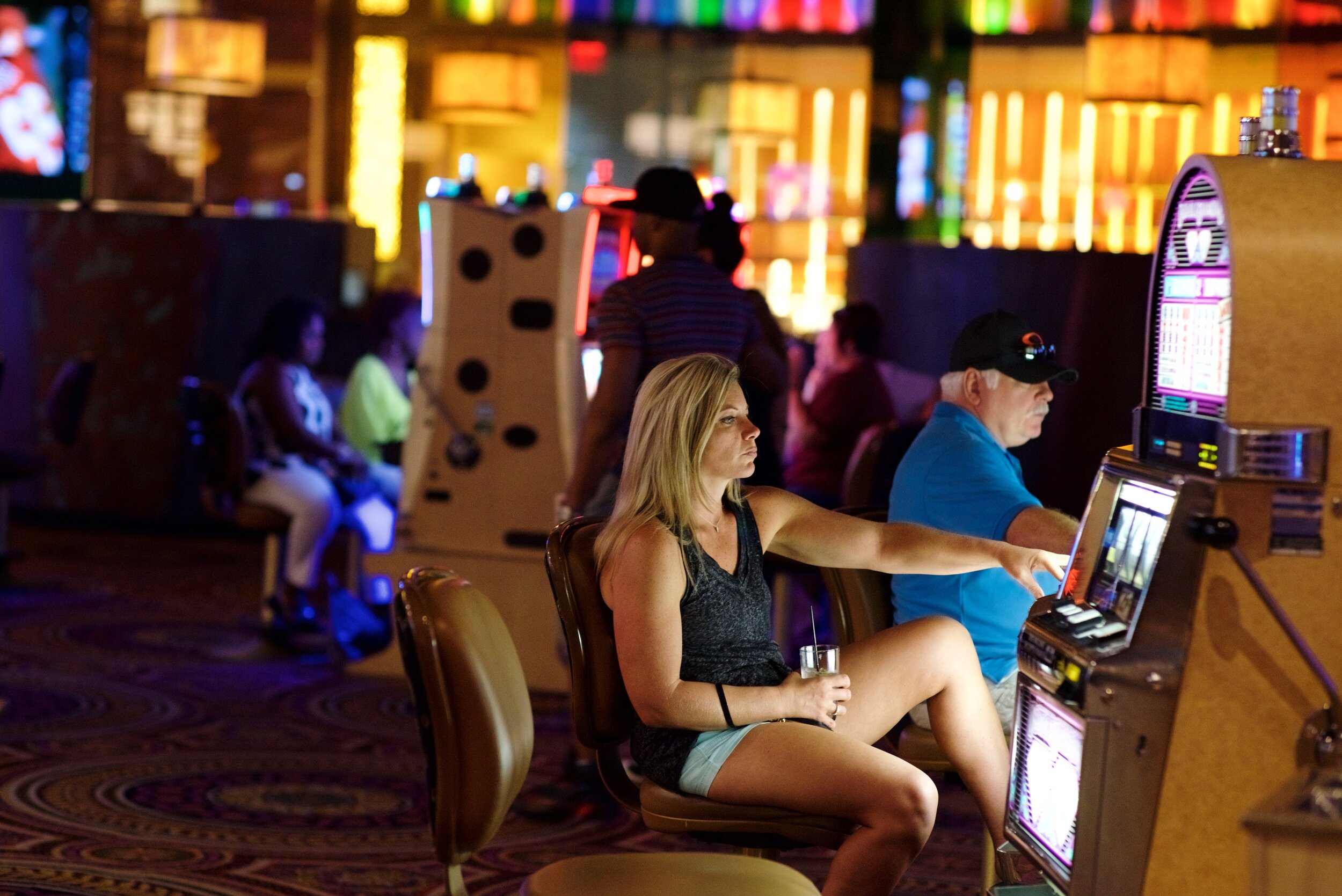
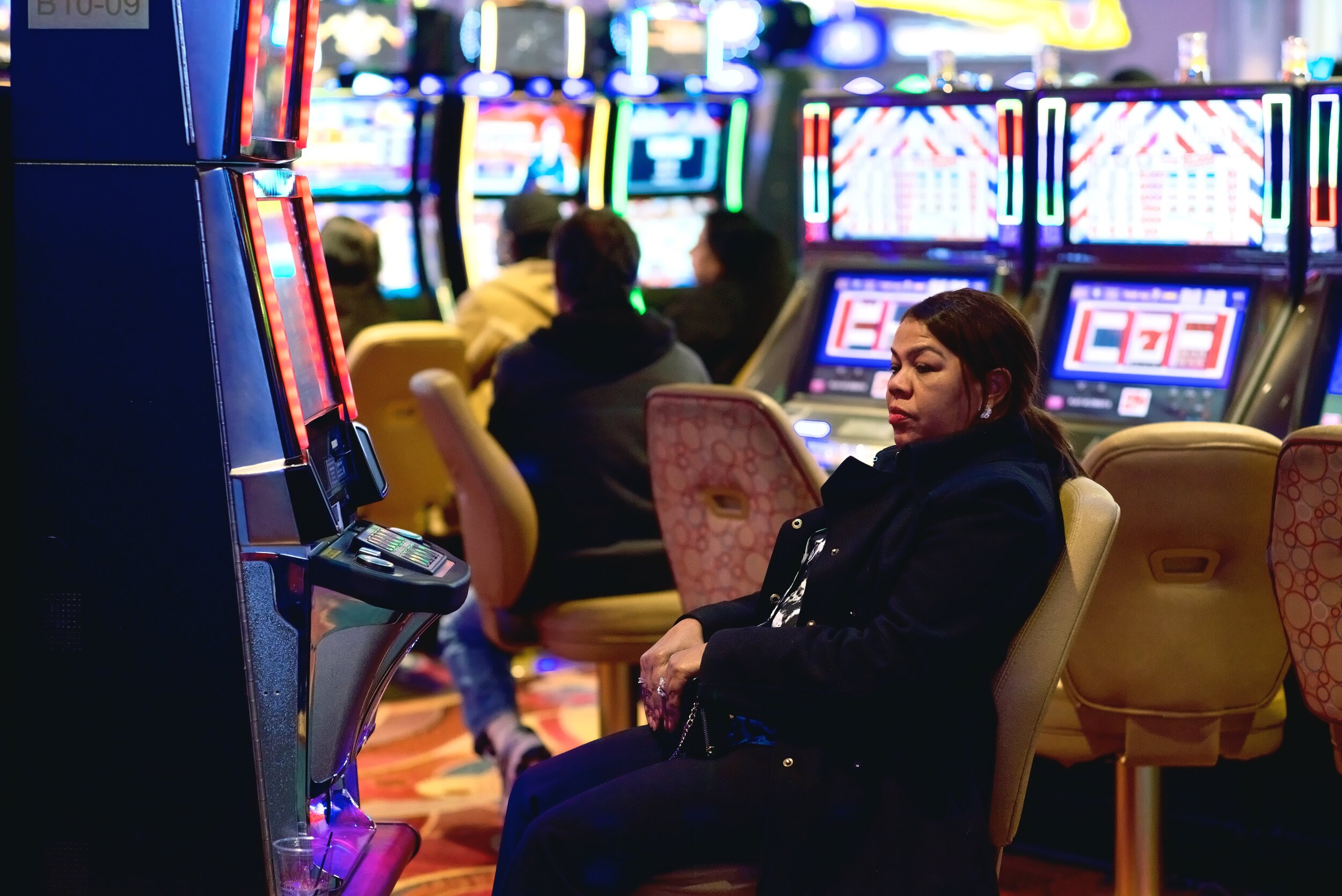
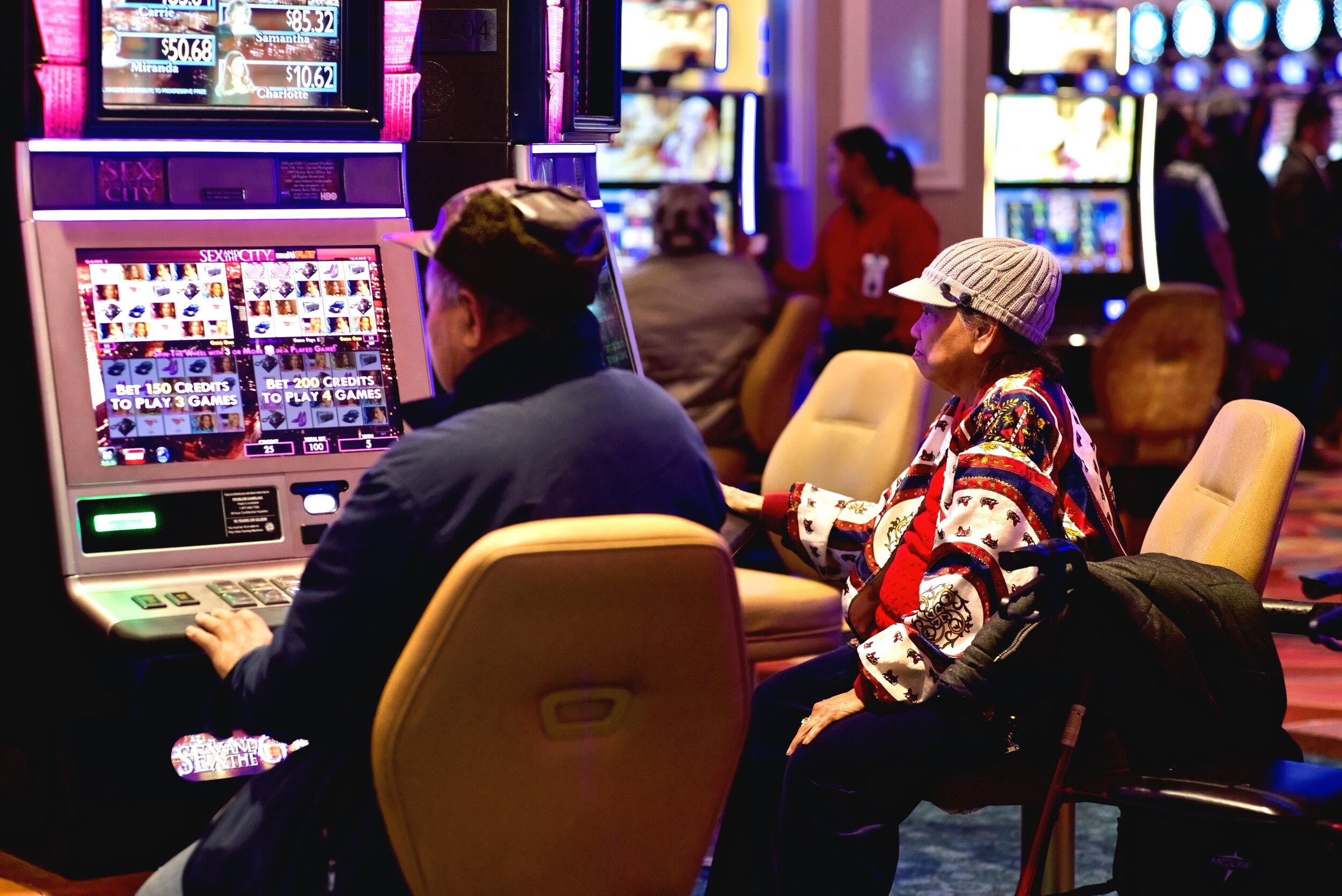
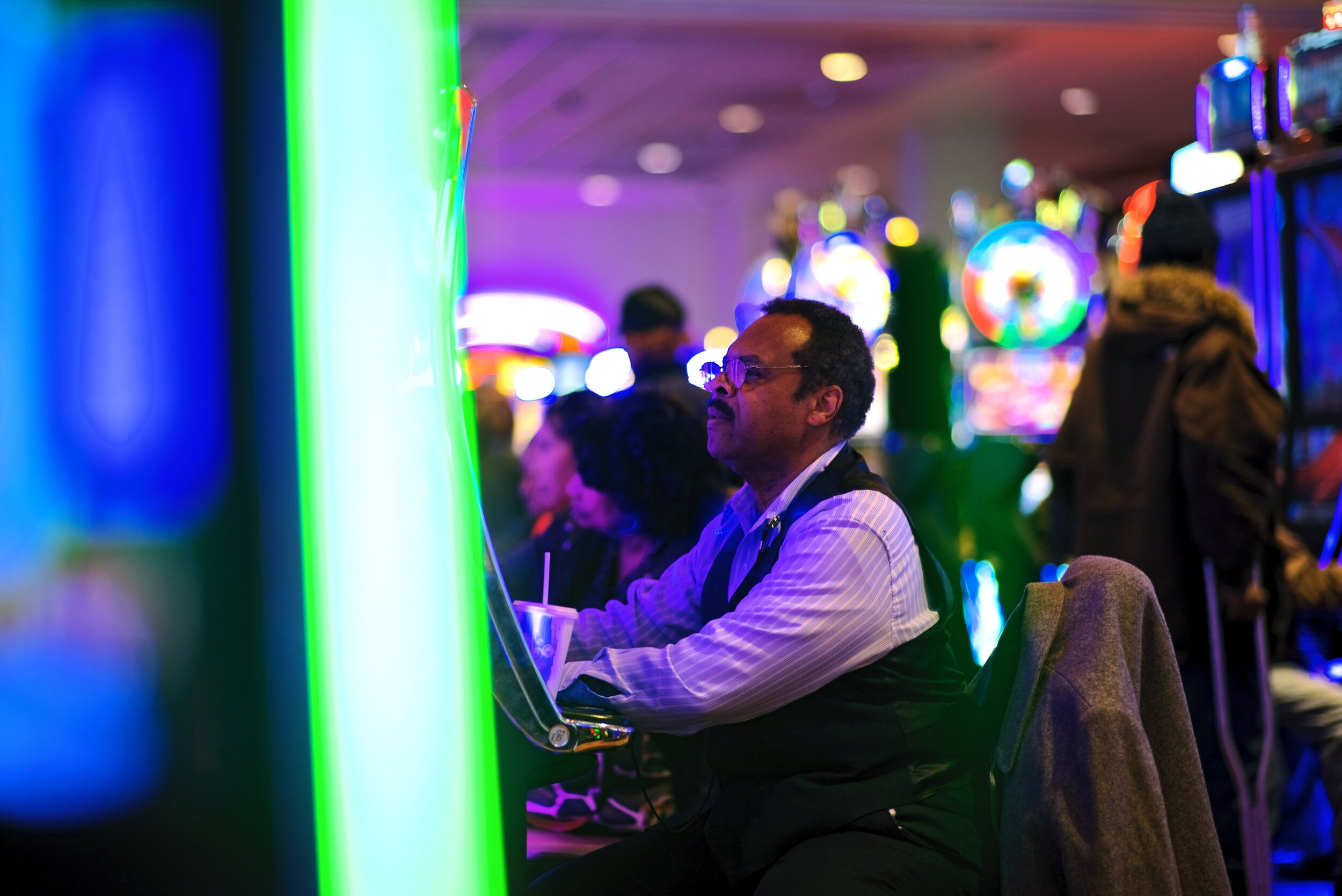
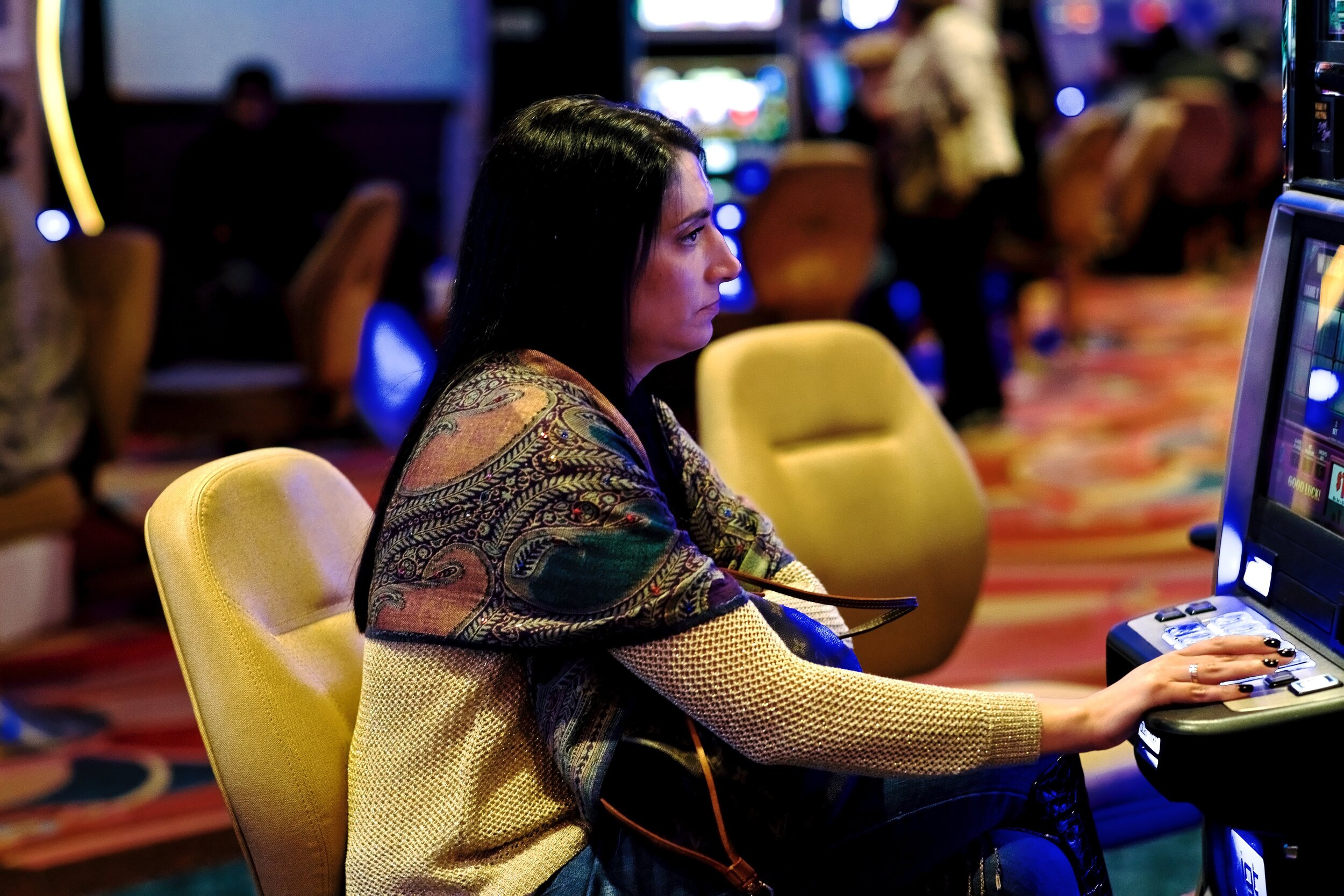
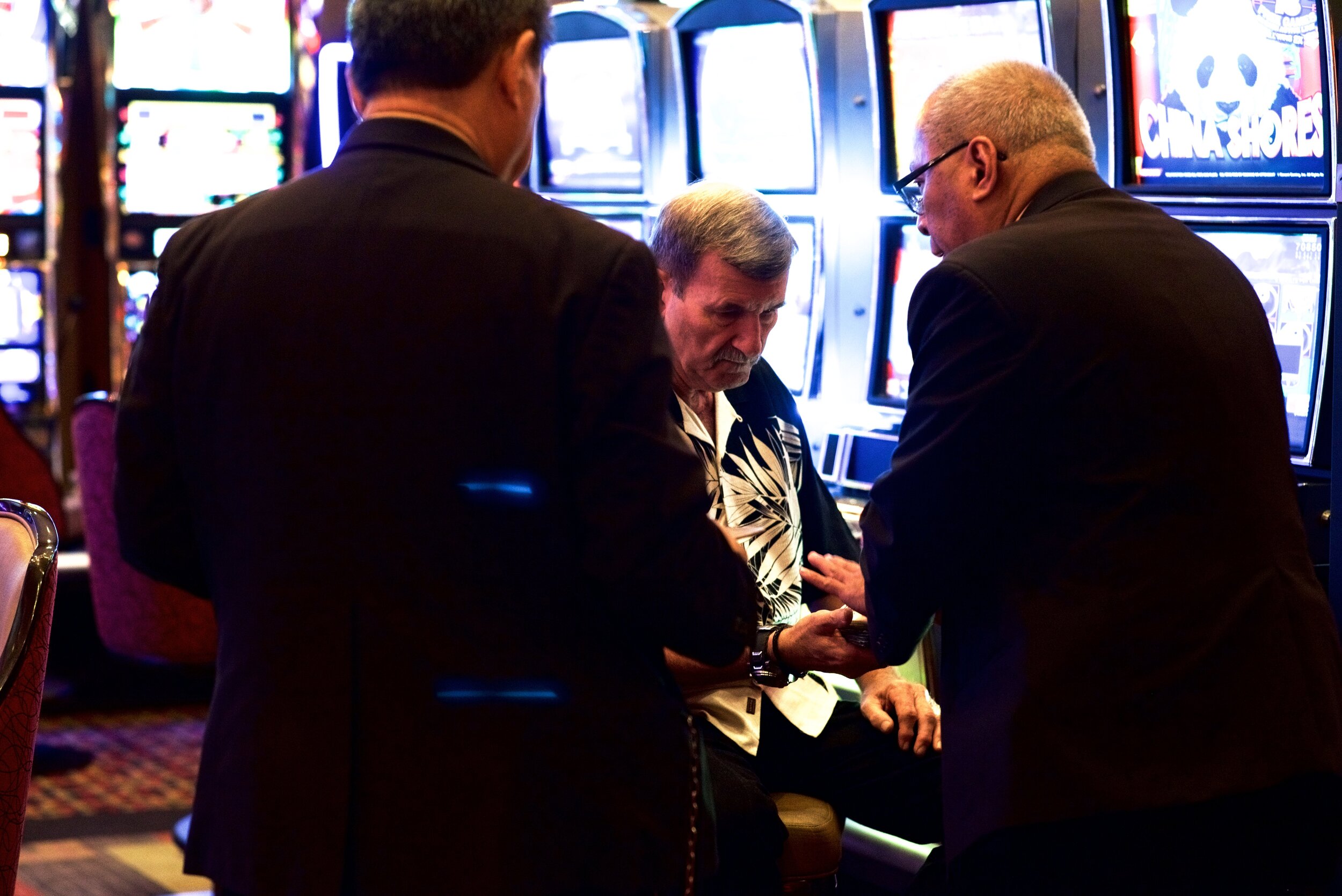
To be alive, we need to roll the die. As an artist, I have explored the subtleties of the nature of chance through playful experiments. Placing blind bets to find the explanations behind this beautiful mystery. Probably an impossible game to win. I'm fascinated and curious about the mysteries of chance and our need to play. And also about its incredible power, its roles in society, and the great potential it offers in many areas of our lives. Gambling is often seen as taboo. It is immediately associated with addiction and low moral qualities. This ethical debate about gambling has been on the table for discussion for many years, including theological controversies about it. The truth is that almost every player knows the danger of losing and the little odds of winning. We are aware of the risk of going against all the odds. We suspect we are going to lose. As Leonard Cohen said, "Everybody knows that the dice are loaded, everybody rolls with their fingers crossed" But what is it that pushes us against our rational minds to try to beat the odds?
Since ancient times kids, adults, and old people have played. Playing is a human and animal need. We surrender part of our rationality, linked to survival and productivity, and we give the wheel to animal rationality, a playful irrationality. We occasionally want to surrender our control of making decisions to the power of chance. The cold, sometimes destructive, sometimes liberating, and always unpredictable mysterious force. Blinded, hypnotized, and attracted like moths to the flames, we wander through this maze towards the lights forgetting what time and day it is, the burden of our daily worries, responsibilities, frustrations, and routine. In this divine comedy, we feel more freedom and hope than in the game of life. If we lose, we will always have a chance to live again and take another gamble. And to die a thousand times.
This series is not trying to depict gambling as a dangerous addiction (that, unfortunately, is sometimes), an immoral act, an act of stupidity, or pointing the finger at casinos or players. Instead, it aims to reveal the beauty of specific aspects of our human nature, to understand our motivations behind it, and to raise existential questions. Are we playing to enjoy situations that take us away from the status quo and to undergo the rush of uncertainty? How we play and react to the outcomes of random events could give us clues about these questions.
There is a fascinating paradox in these neo(n) baroque temples of money and chance. We walk like Dante through heaven, hell, and purgatory, but all at the same time and space. Like in some dark and colorful dream inside strange caves. Our senses are overloaded to be seduced. On the player's faces and body language, we perceive tension, expectation, sadness, boredom, joy, ambition, frustration, hope, and despair. The intricacy and contradiction of the players reveal a universe without the dimension of time. They face playing, victory, or defeat in unique ways. Why do we insist on playing?
Maybe because life seems to work similarly to the casino: we win occasionally but know we are doomed to lose in the long run. As Lou Reed put it: "Life is a gamble on videotape". It's a fascinating movie, but no one stays alive at the end. Somehow we are optimistic by nature; most of us are willing to play until we lose our shirts. We are making bets every second of the day. We win and lose all the time. Victory or defeat? That's not what really seems to matter… How we face them is more important for our happiness. In this eternal present, we only care about the chance of rolling the dice one more time.
Players come from all levels of education, nationalities, ages, social status, professions, and incomes. They have something in common, they seem unsatisfied for some reason. Are players anonymous utopic heroes betting against the system? Are we looking to rule money without being oppressed by the duties of hard labor, sacrifices, and existential boredom? Are gamblers consciously or unconsciously attempting a small and personal revolution against our social and economic order? Is this popular worldwide old activity a symptom of the toxicity of the system of work and our ways of living? Is it a mere distraction to pass the time? Or is it a strange subconscious ritual of despise for the filth of the money that we are forced to chase? These questions might have a million answers. What is yours?
"You win some, lose some, it's all the same to me", Lemmy Kilminster
